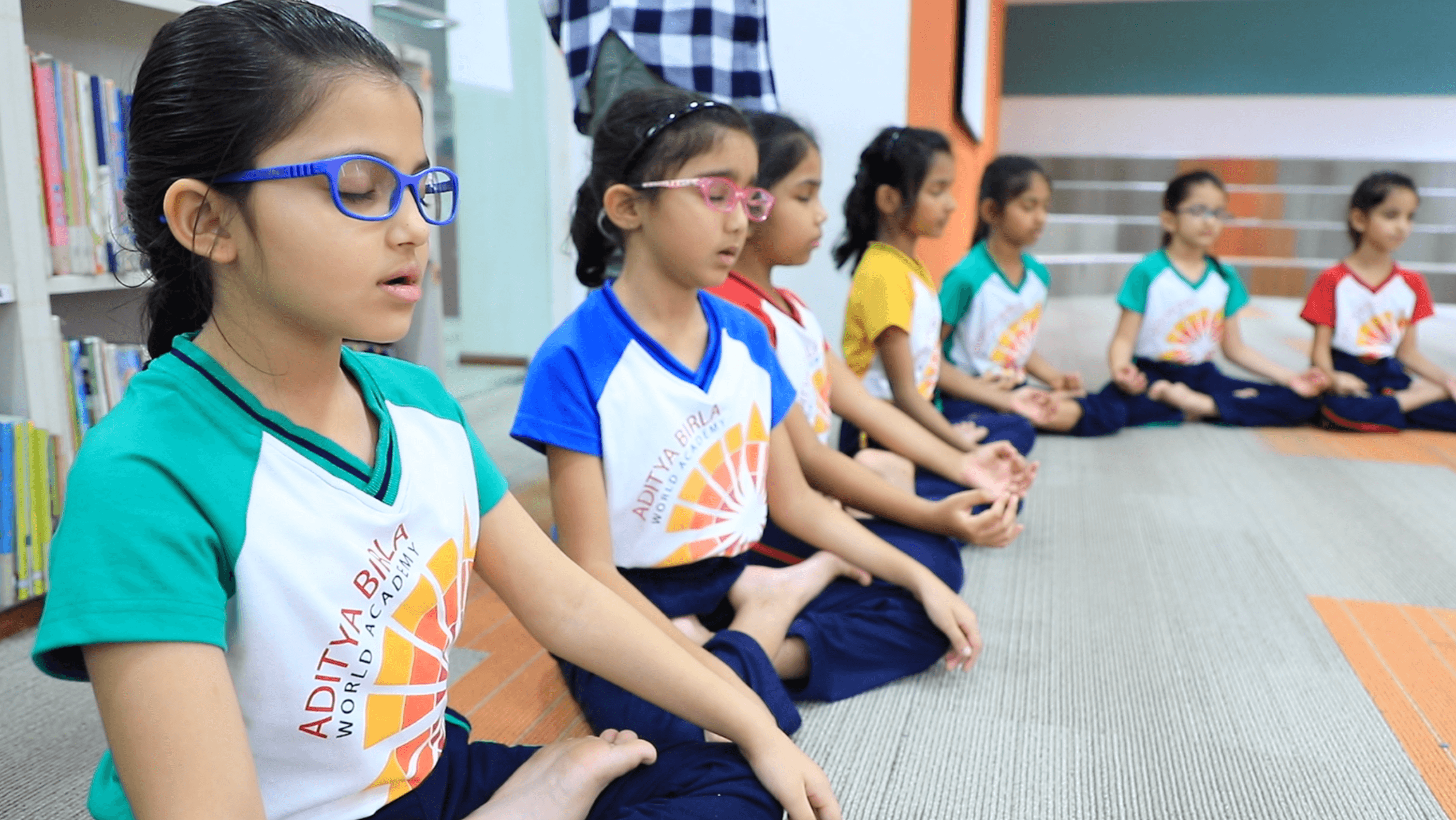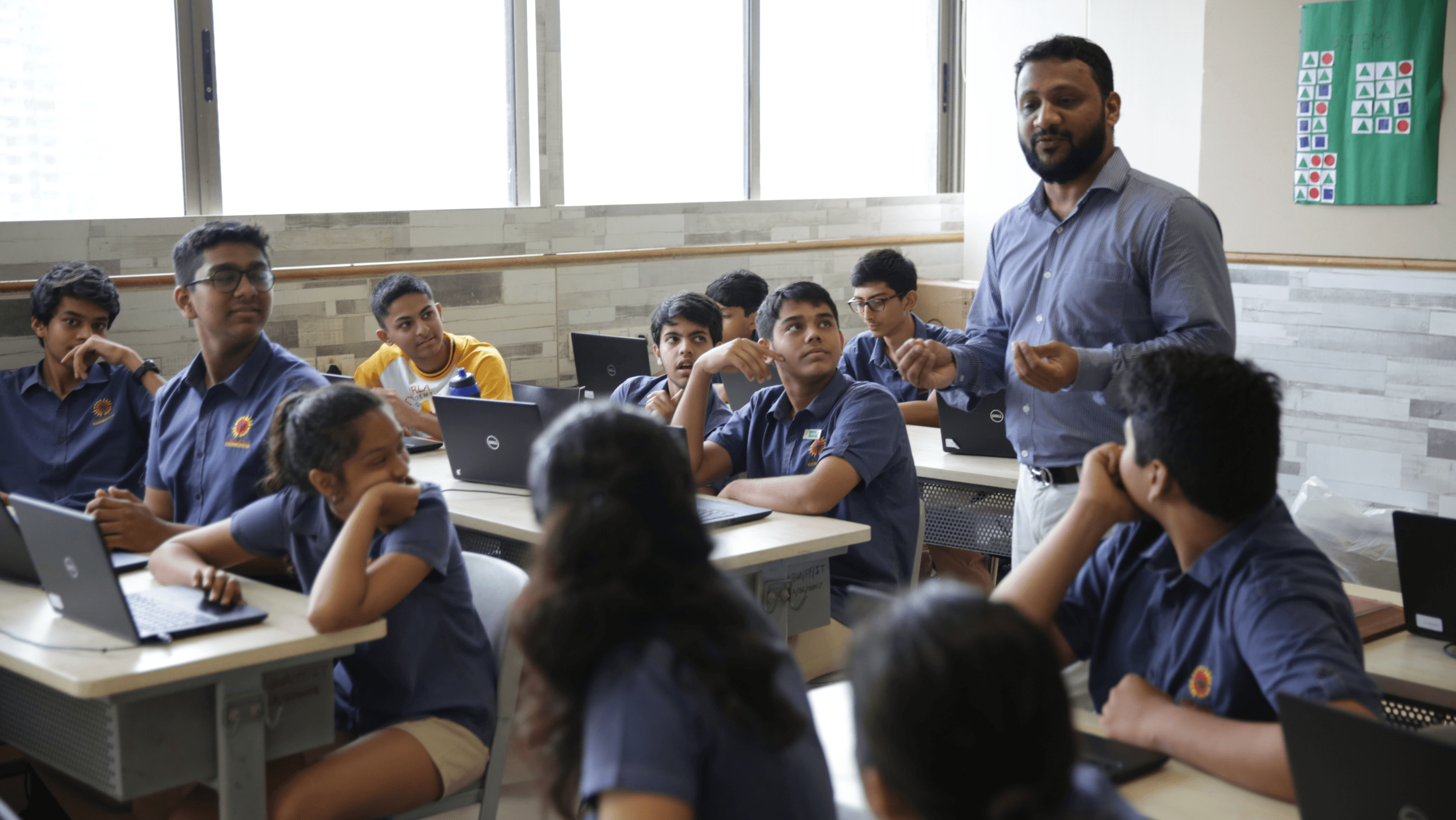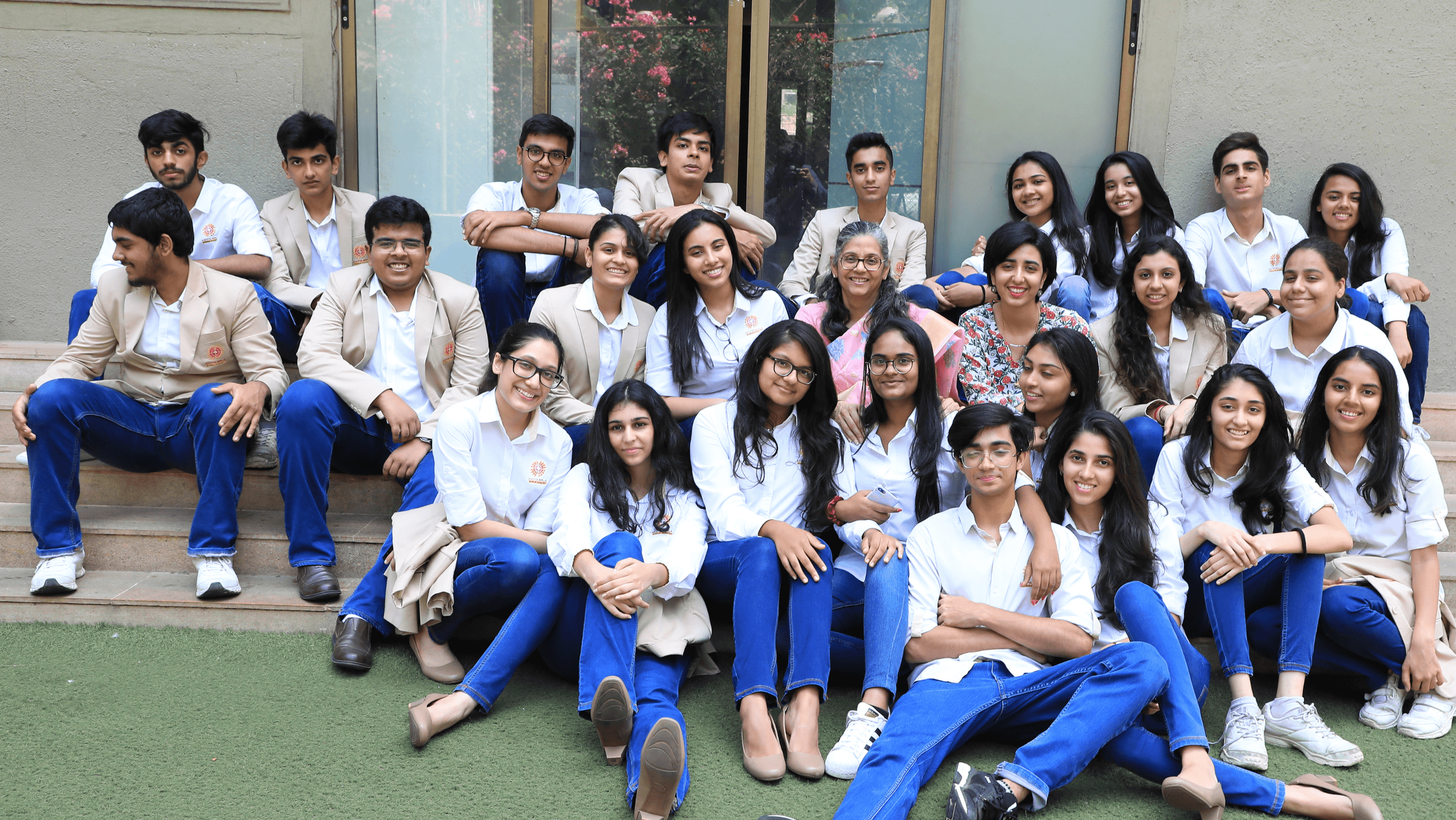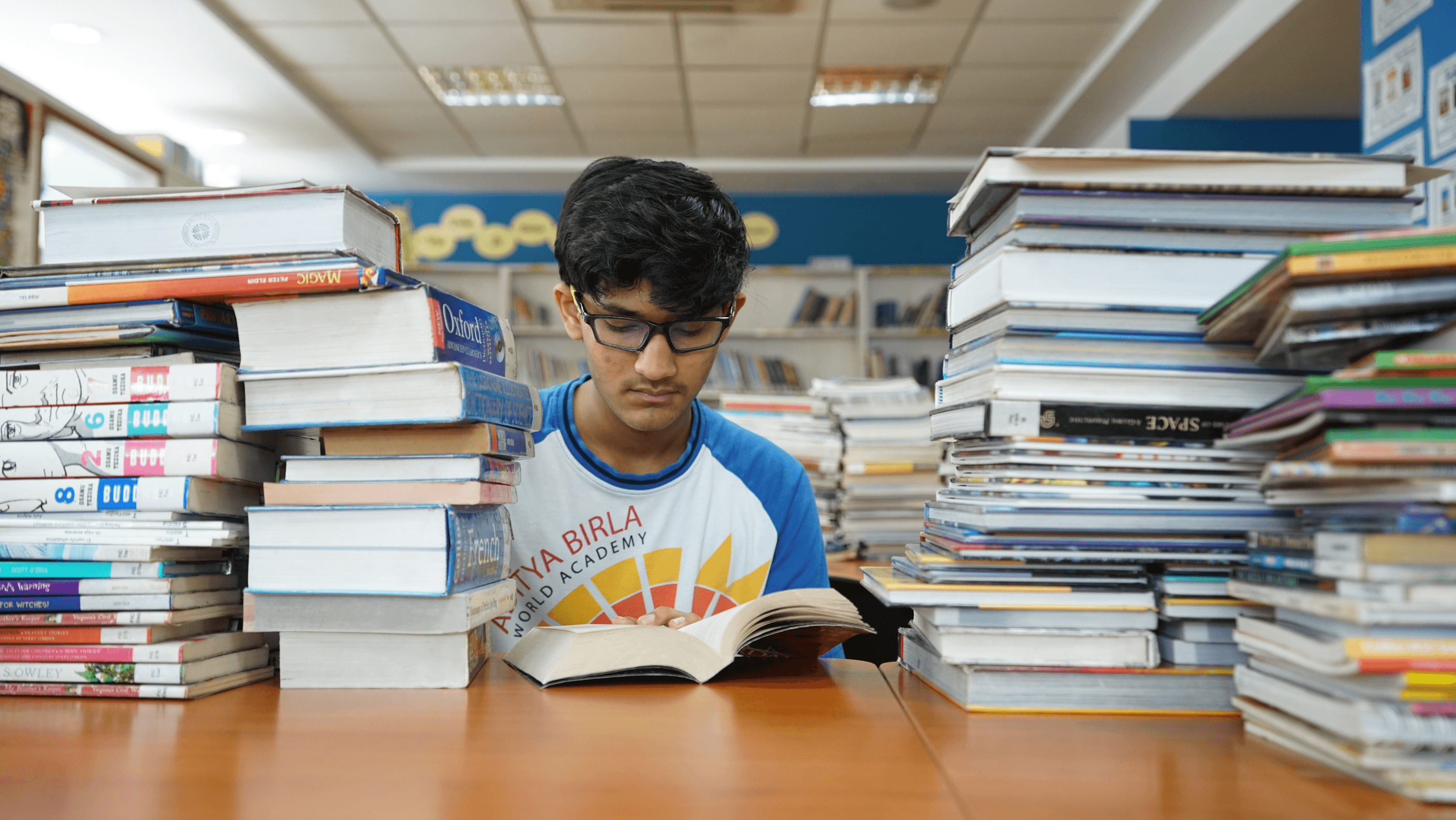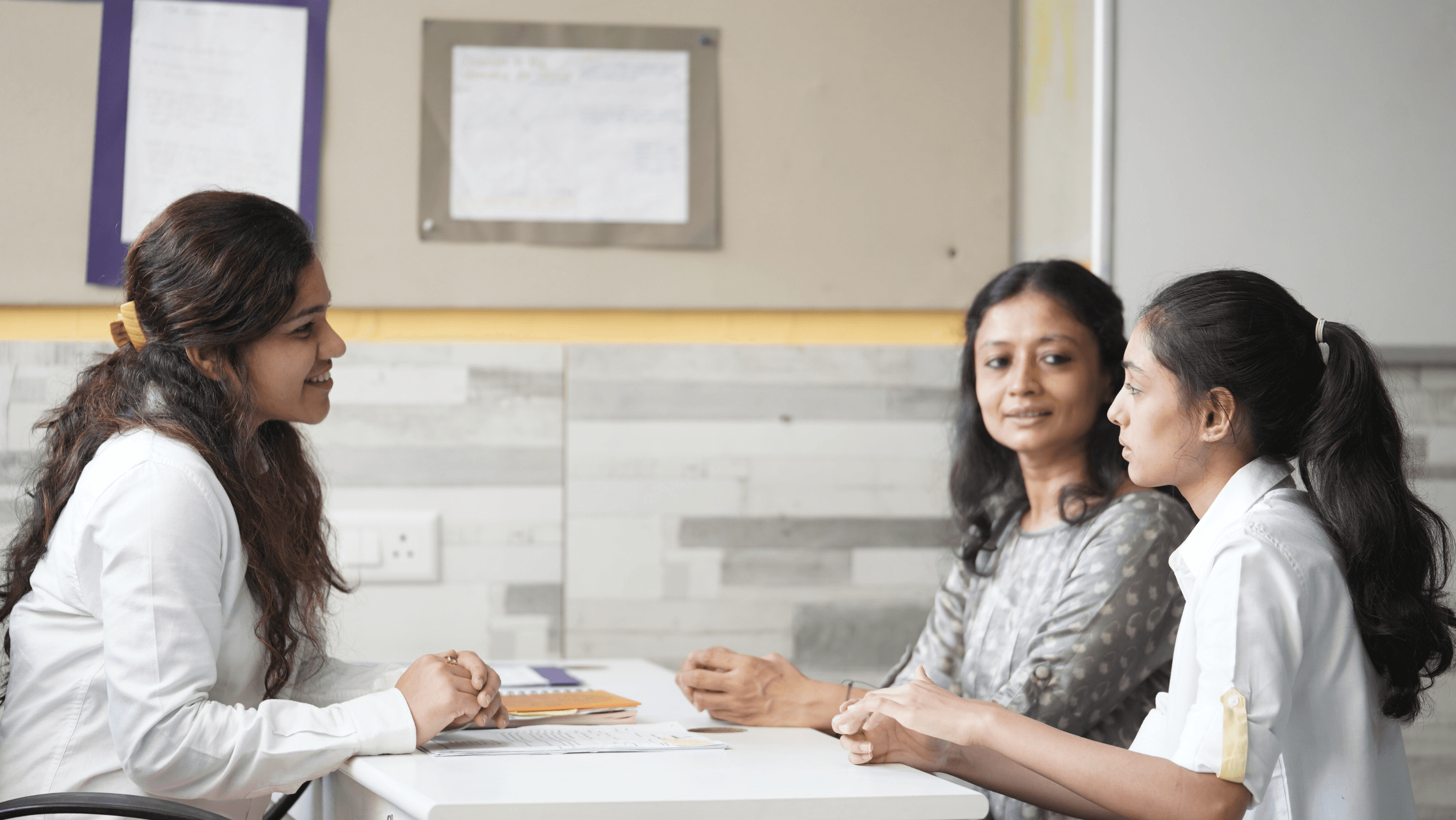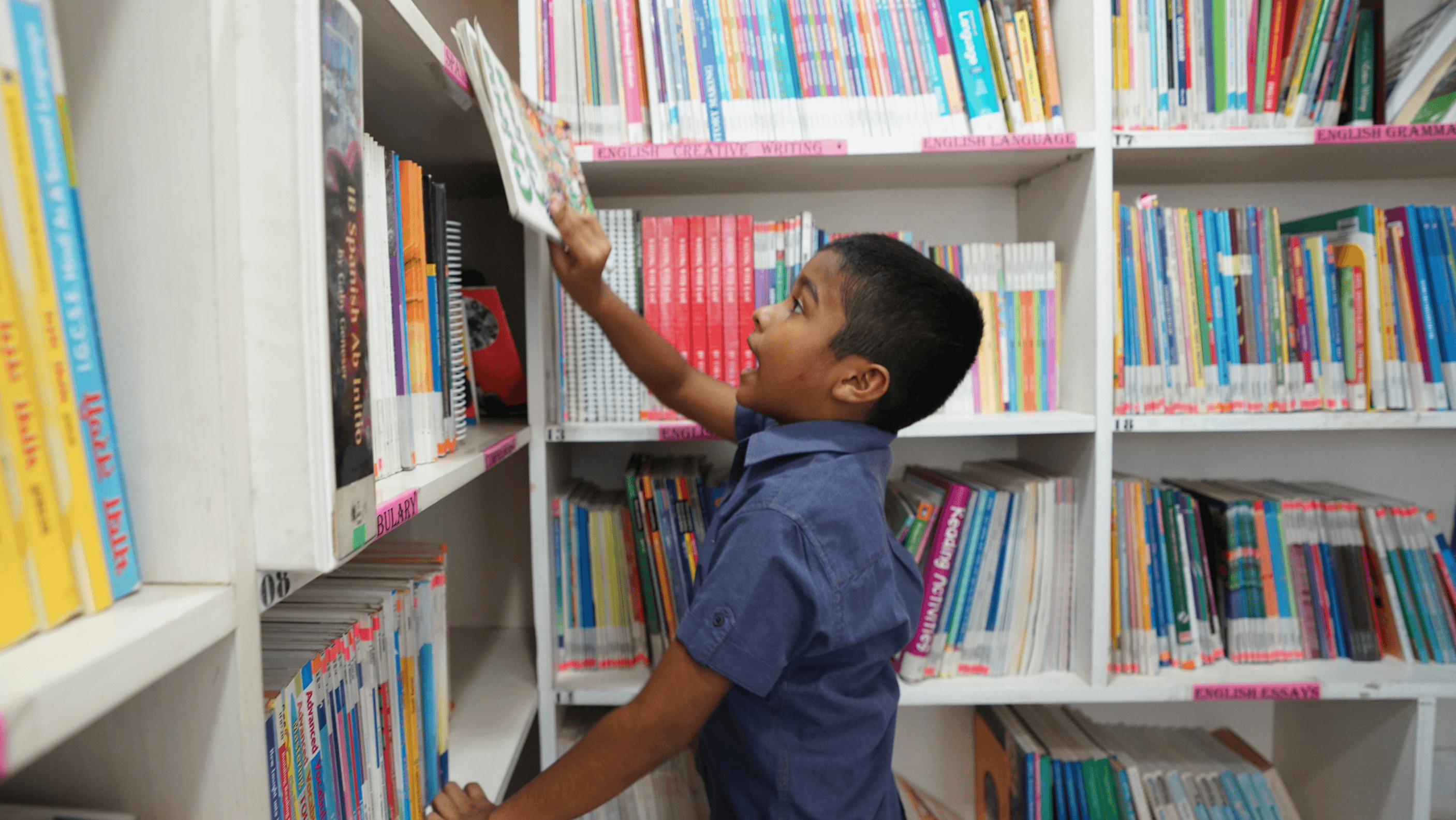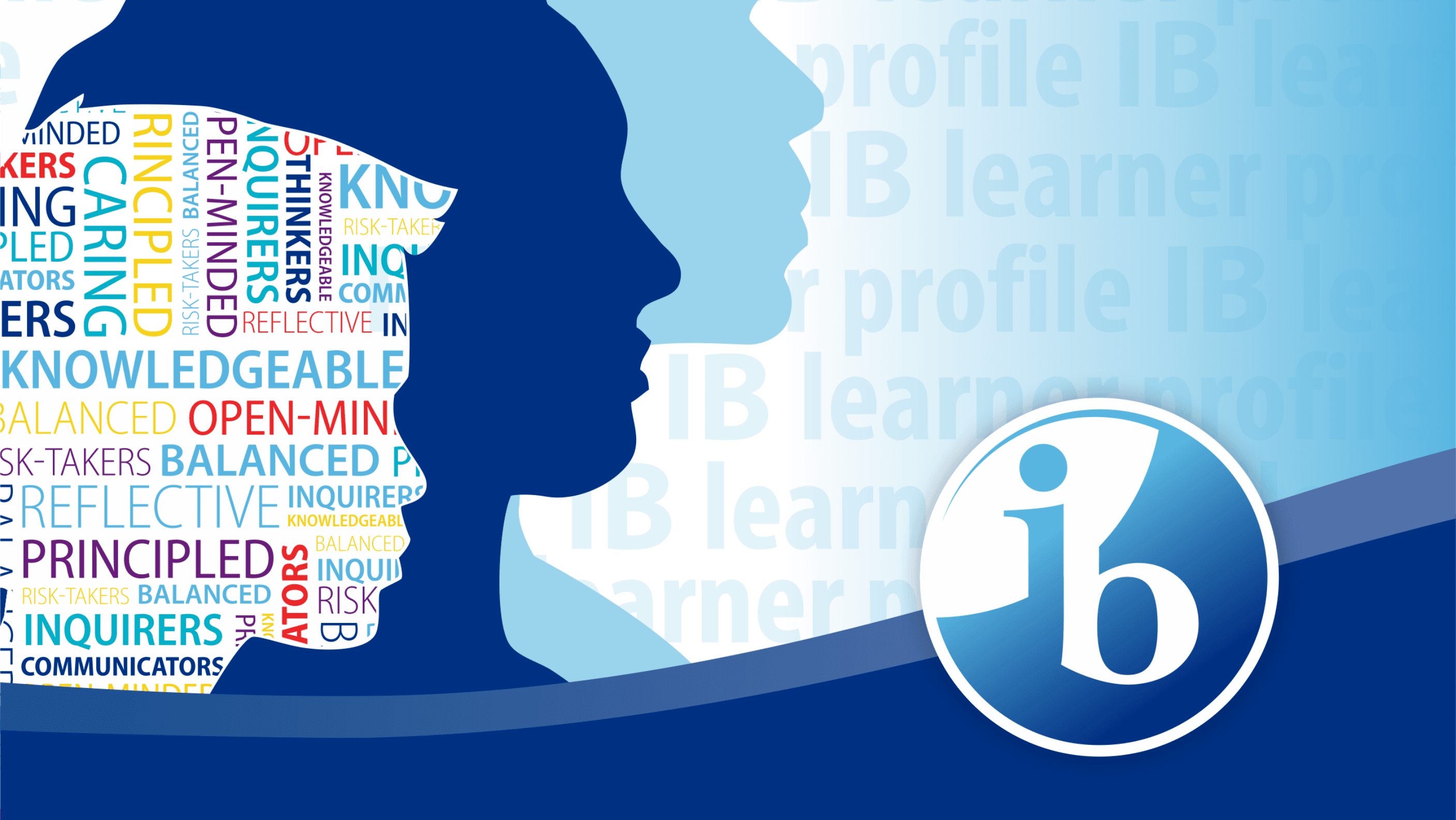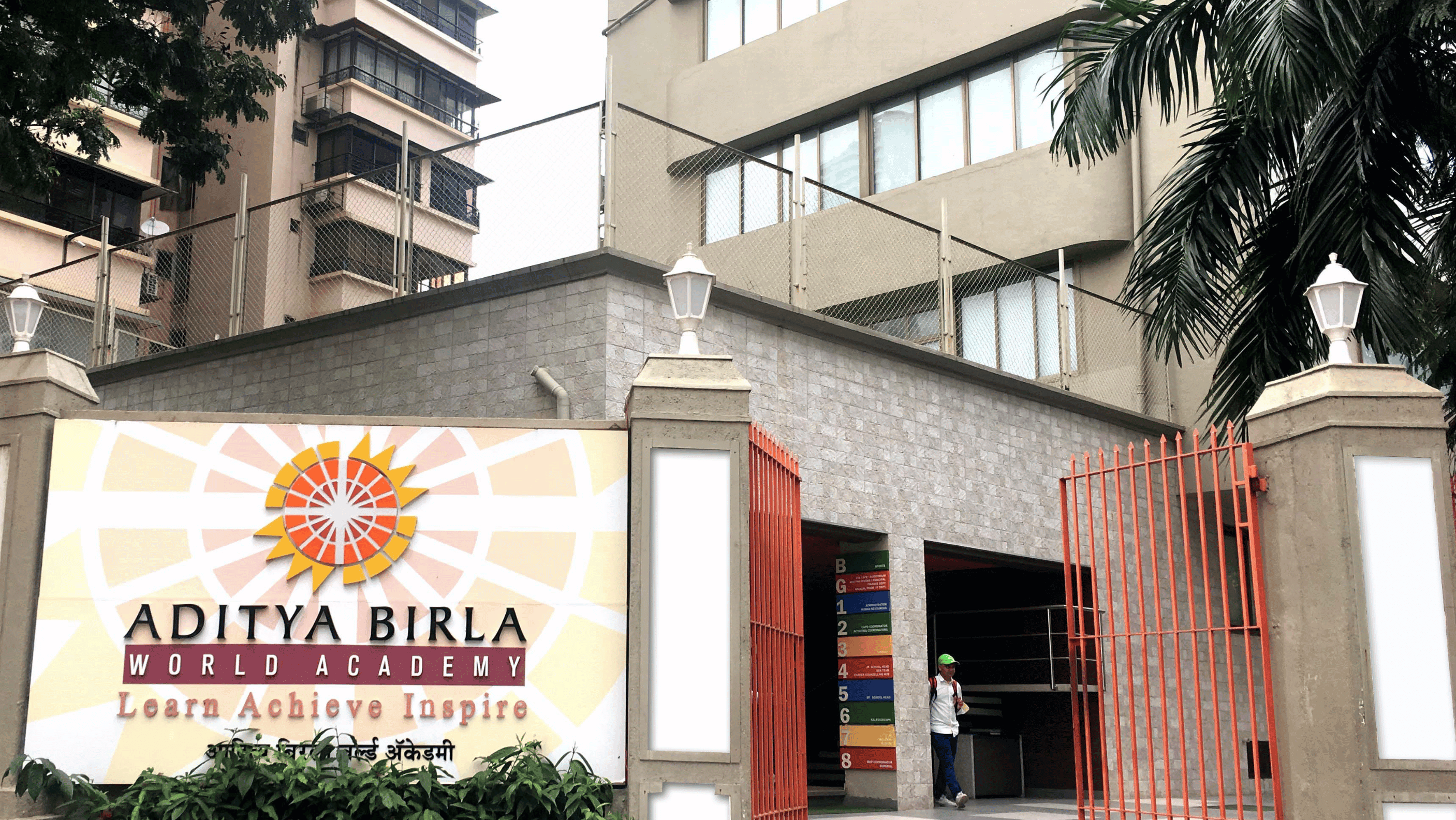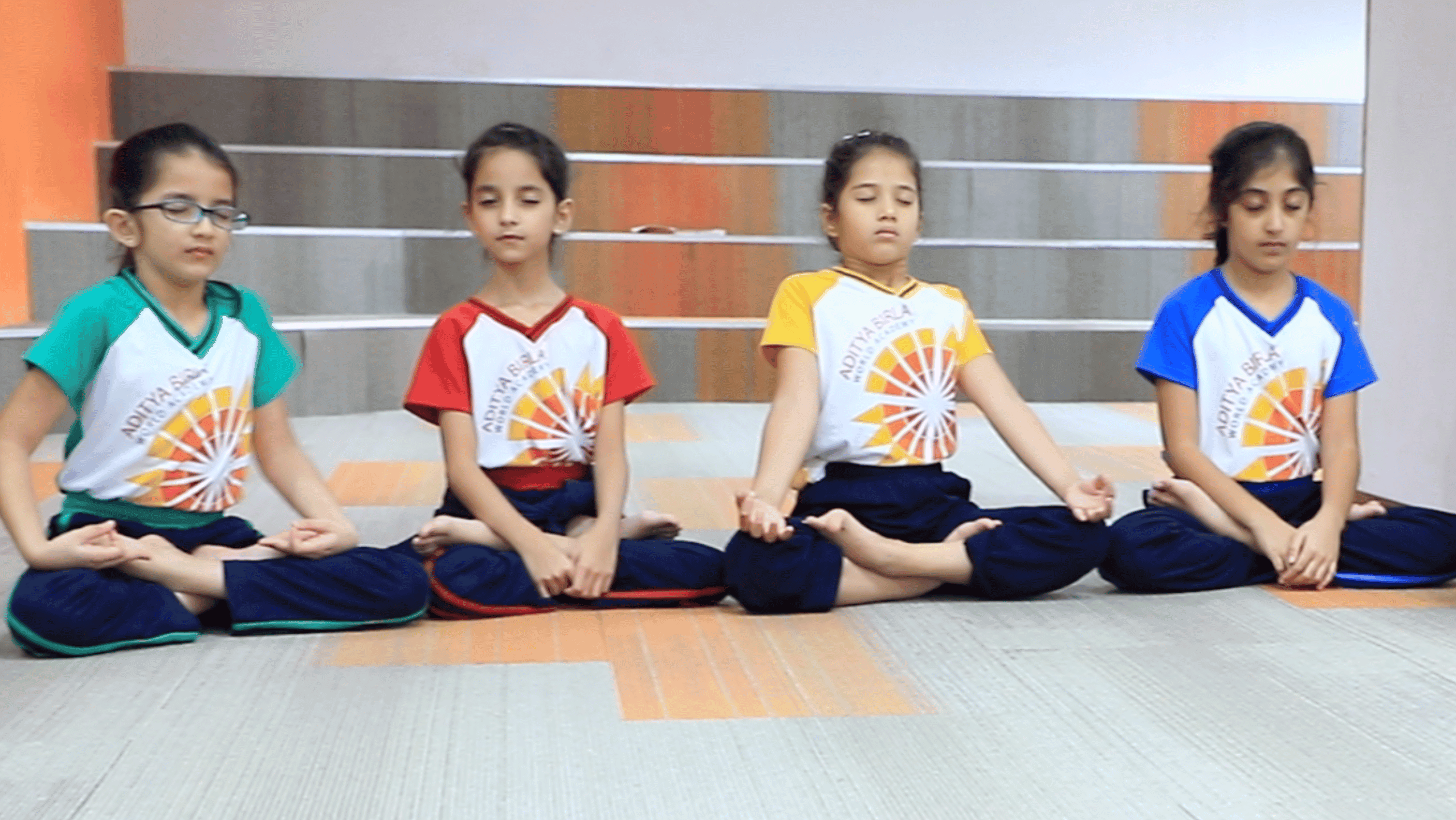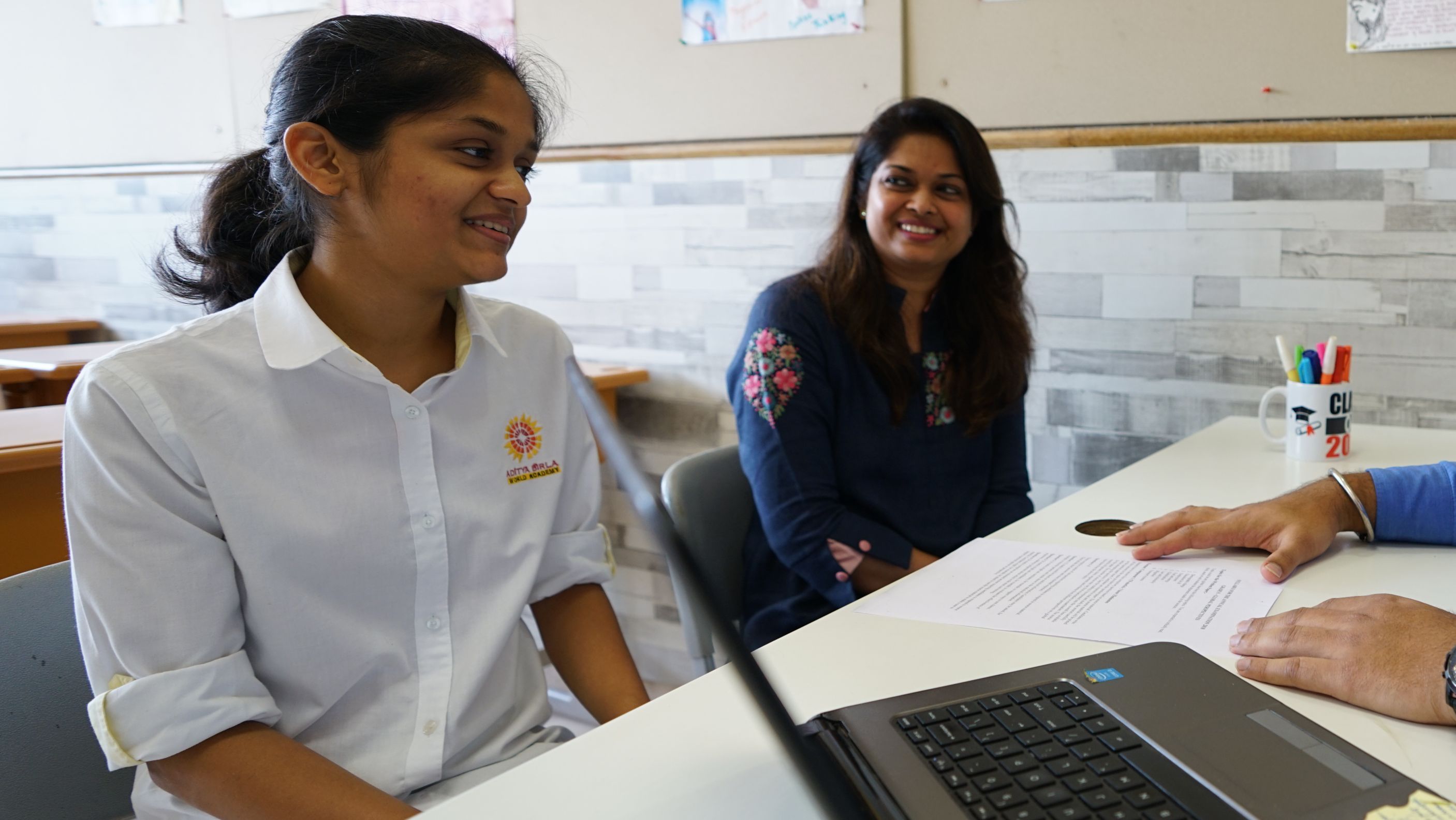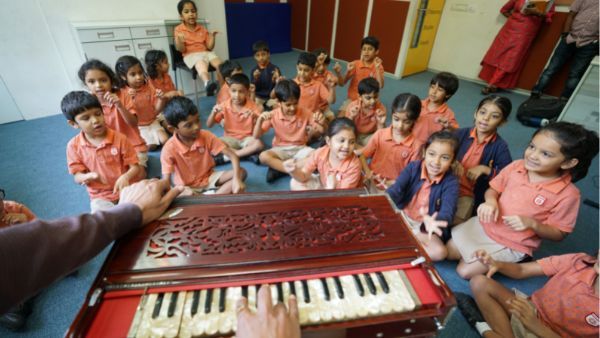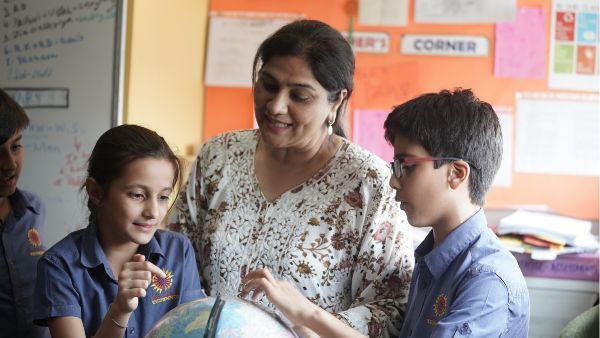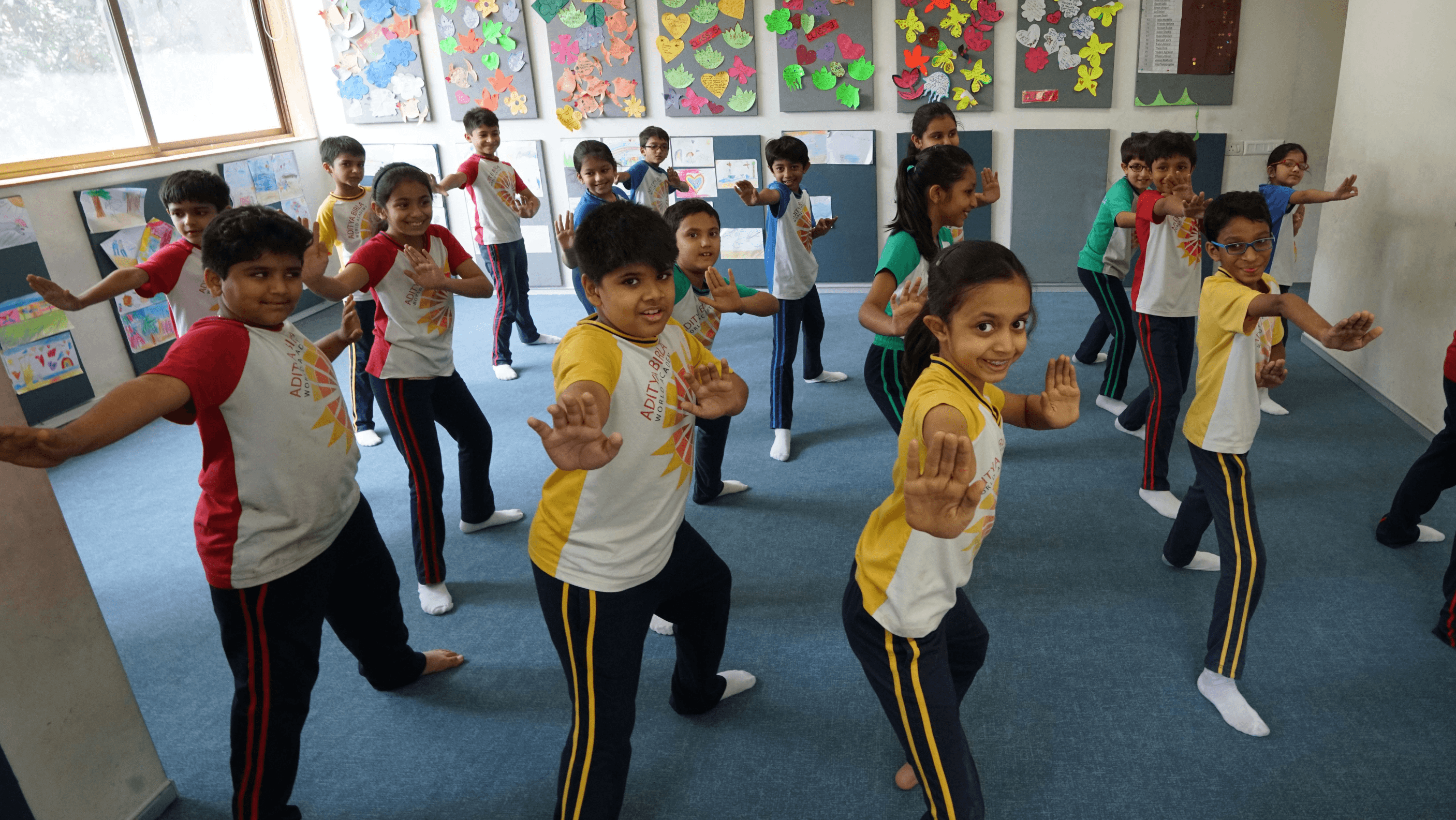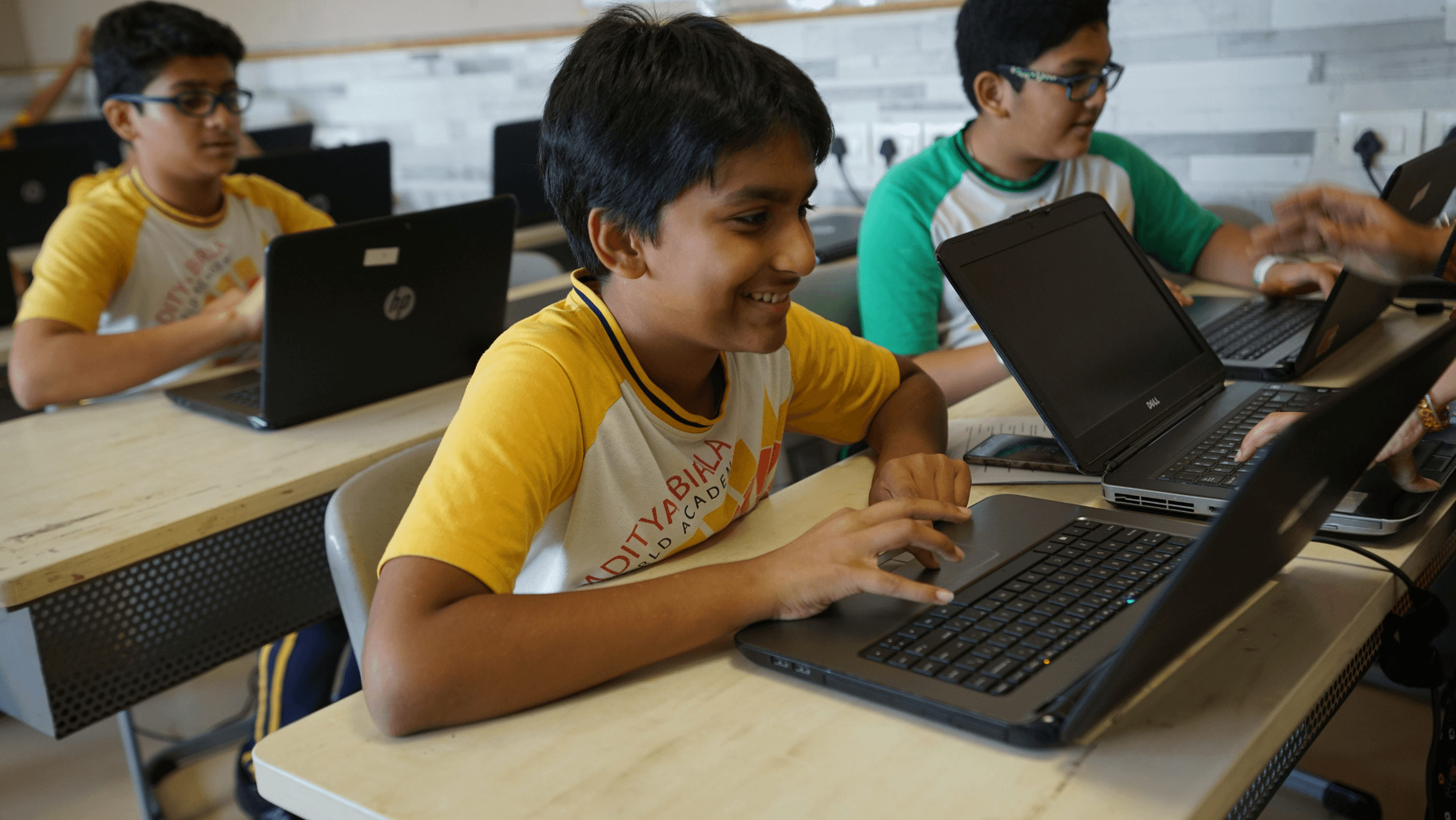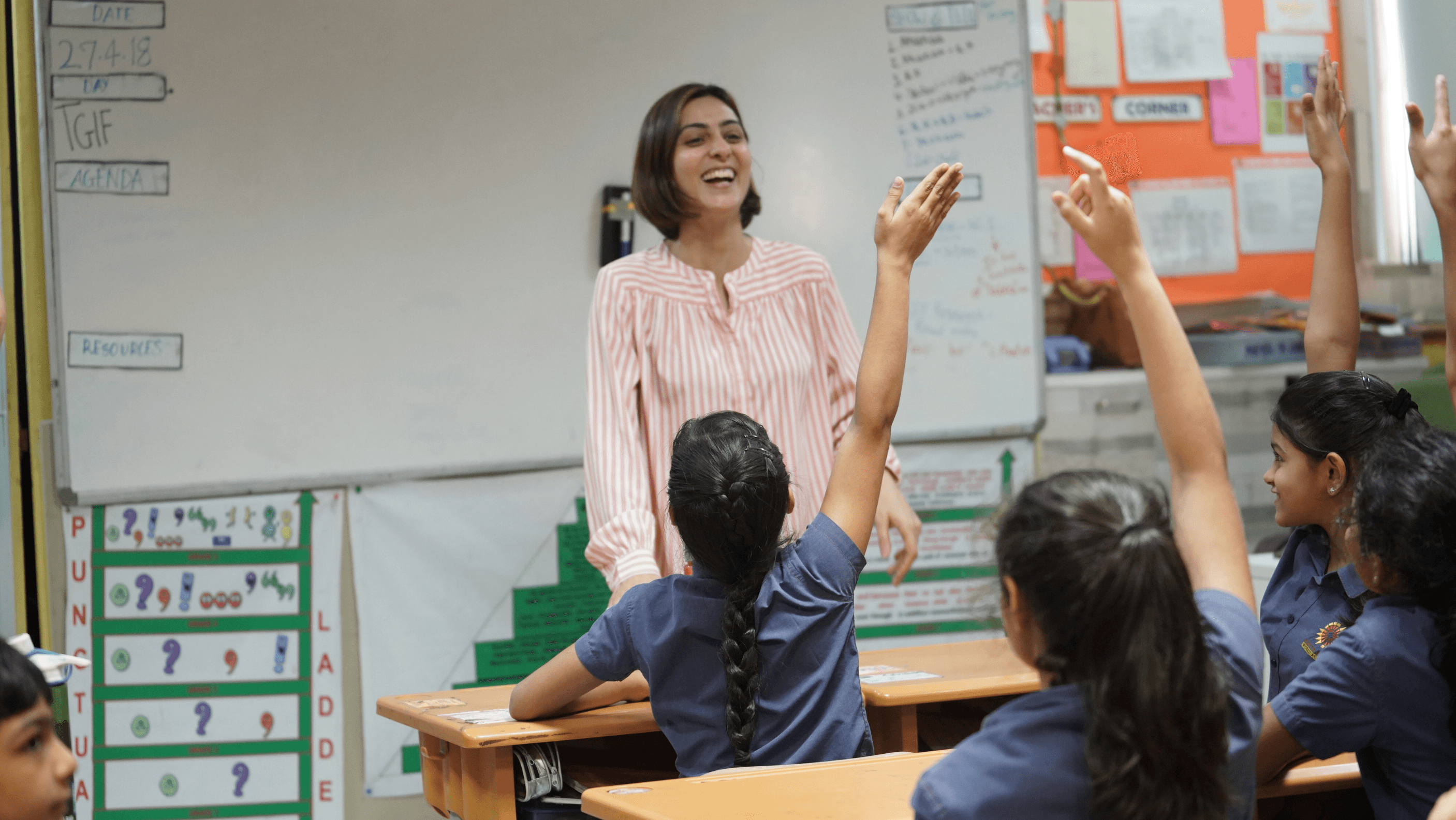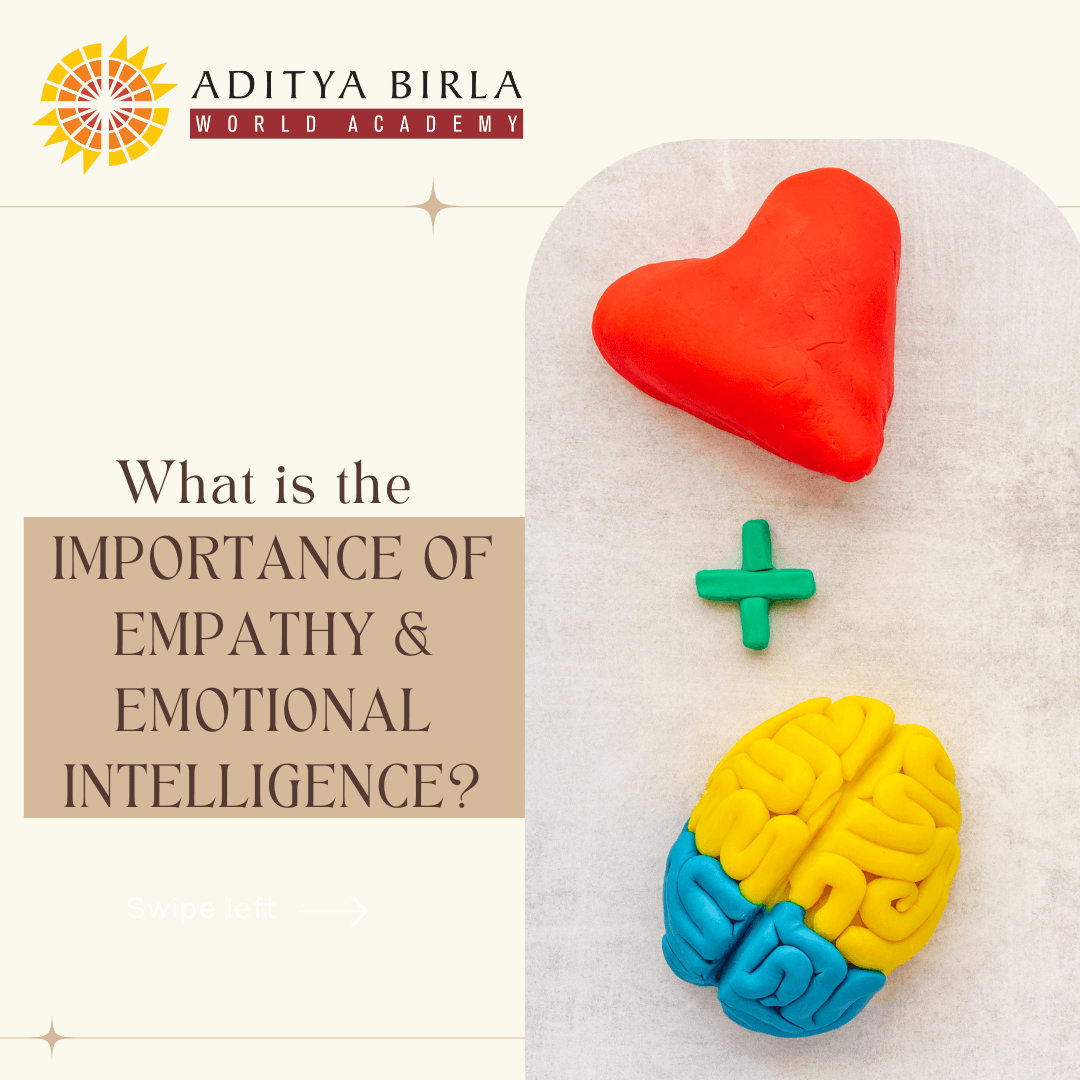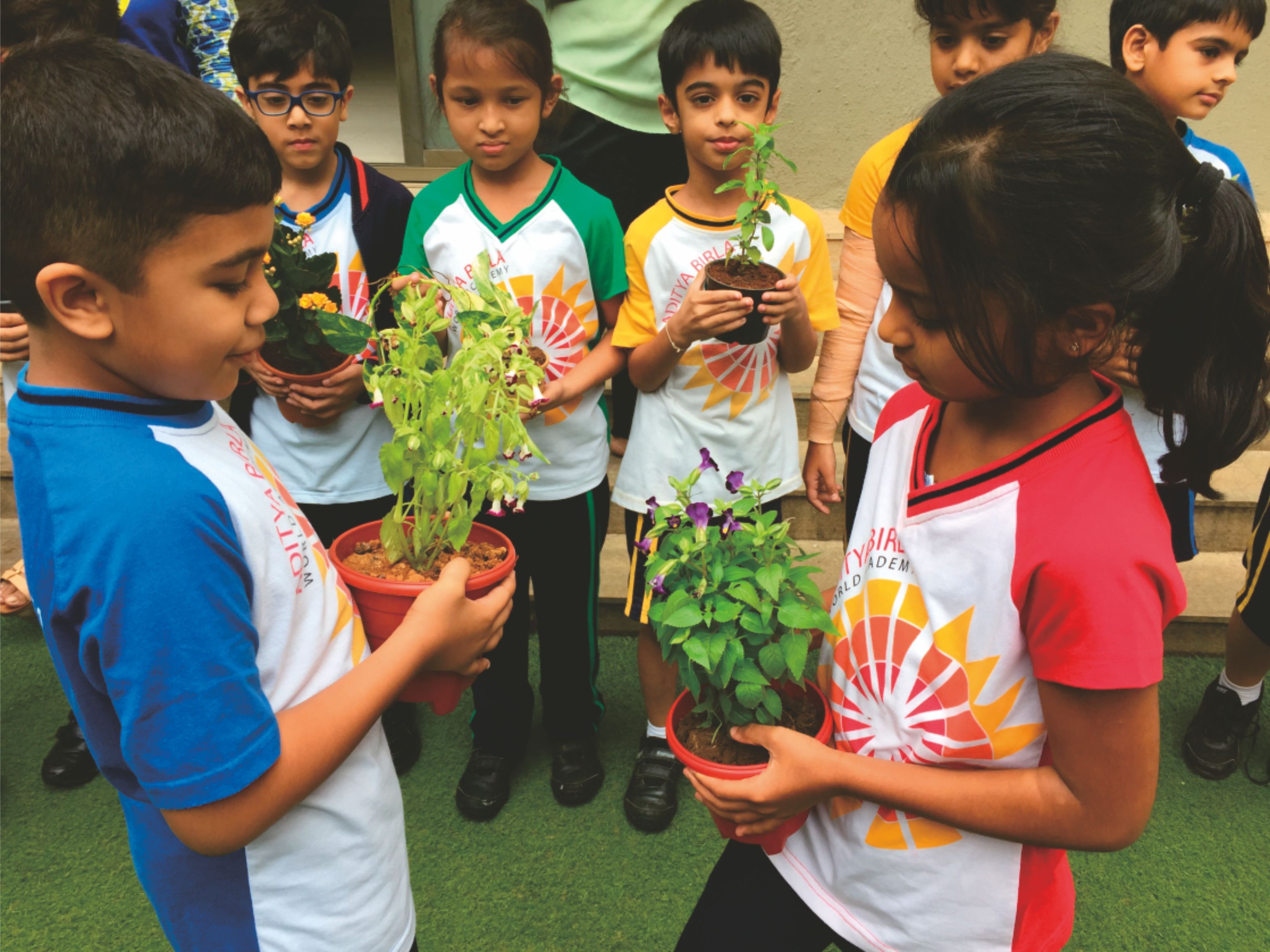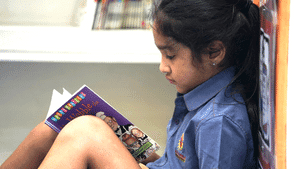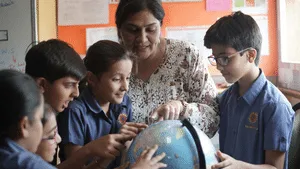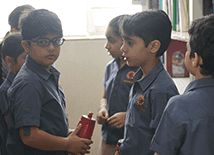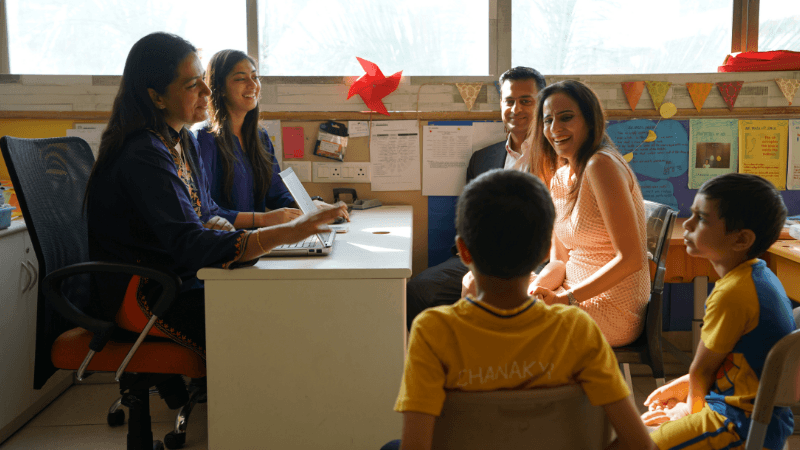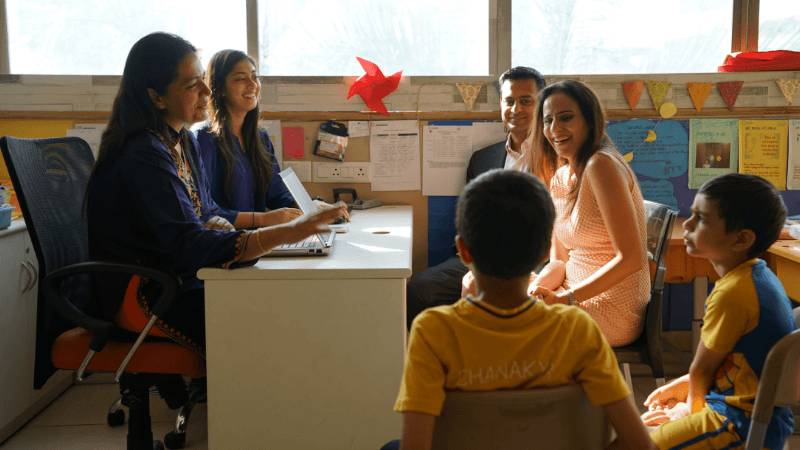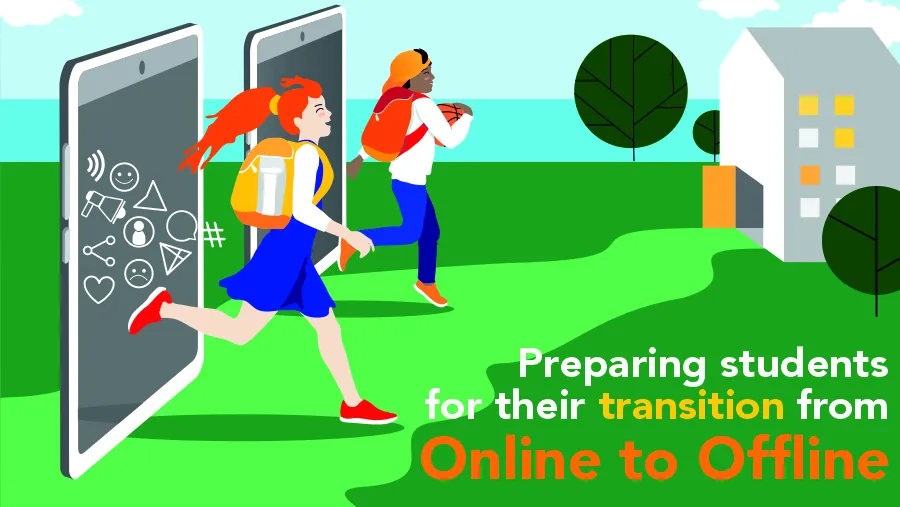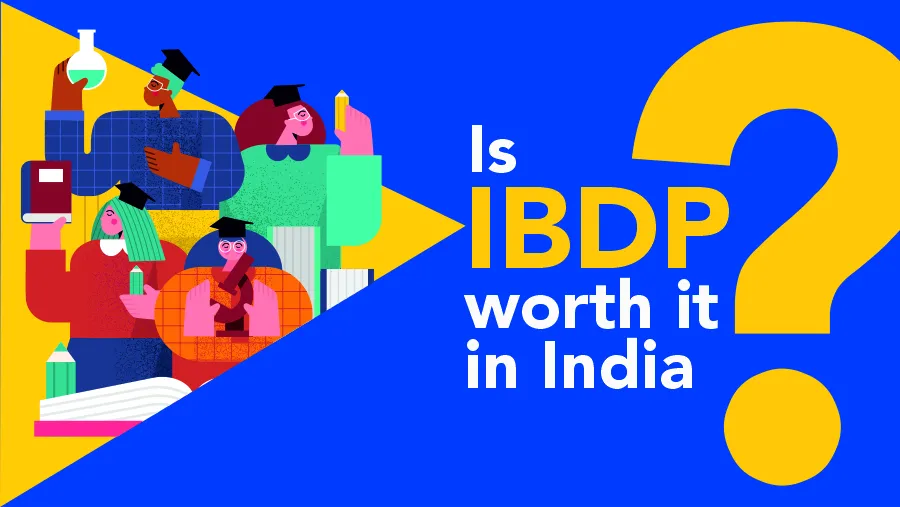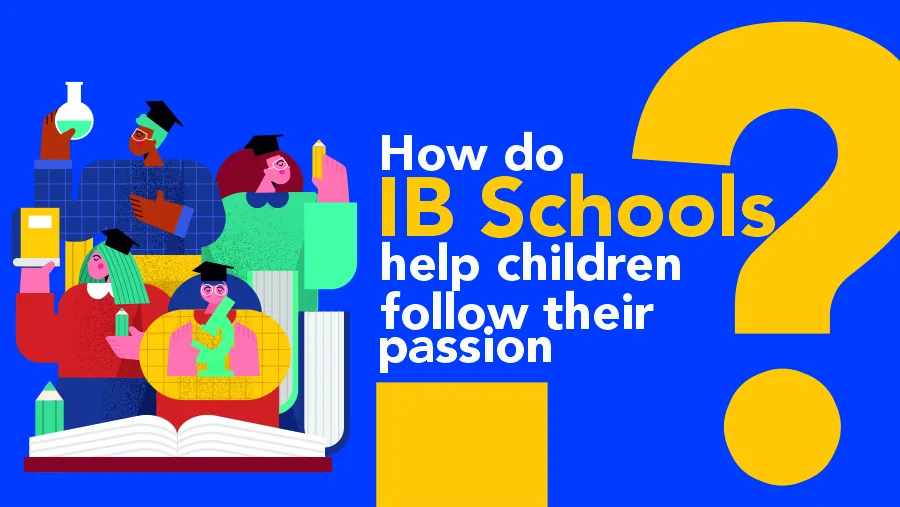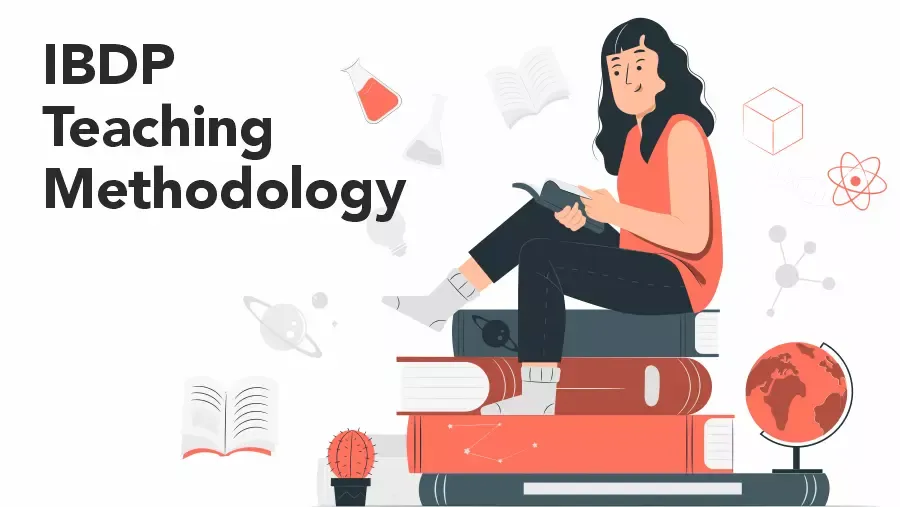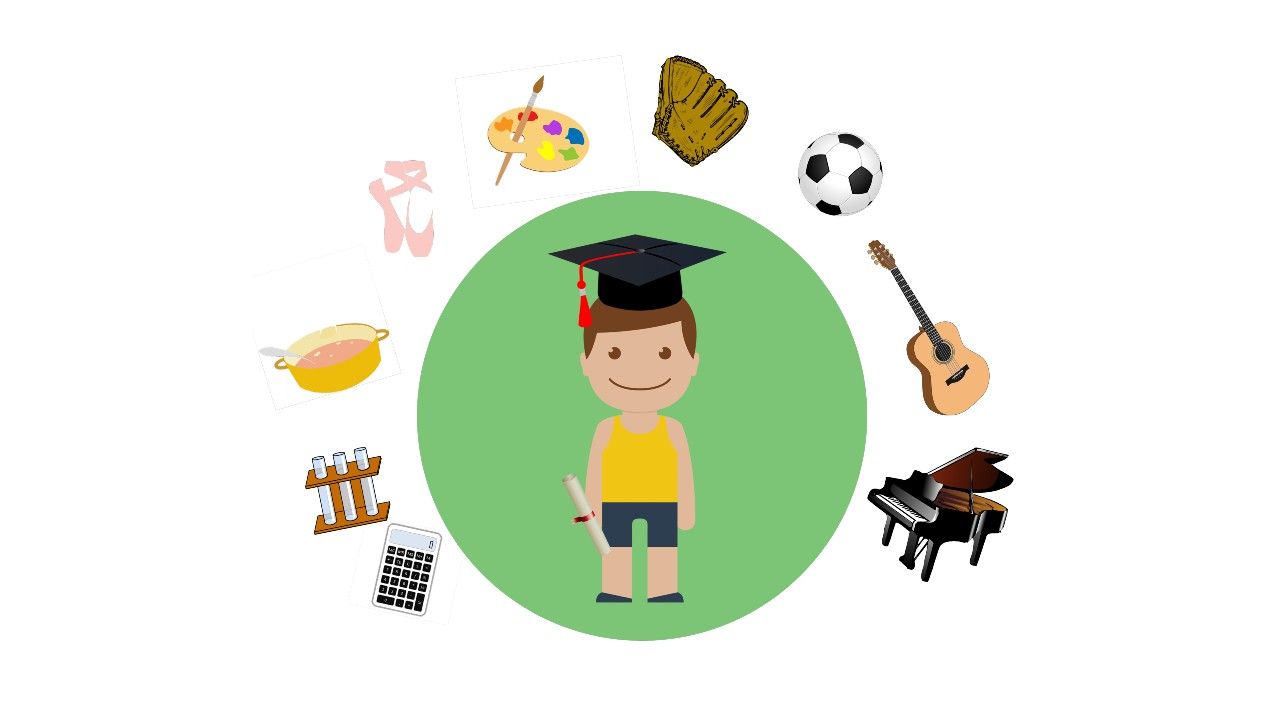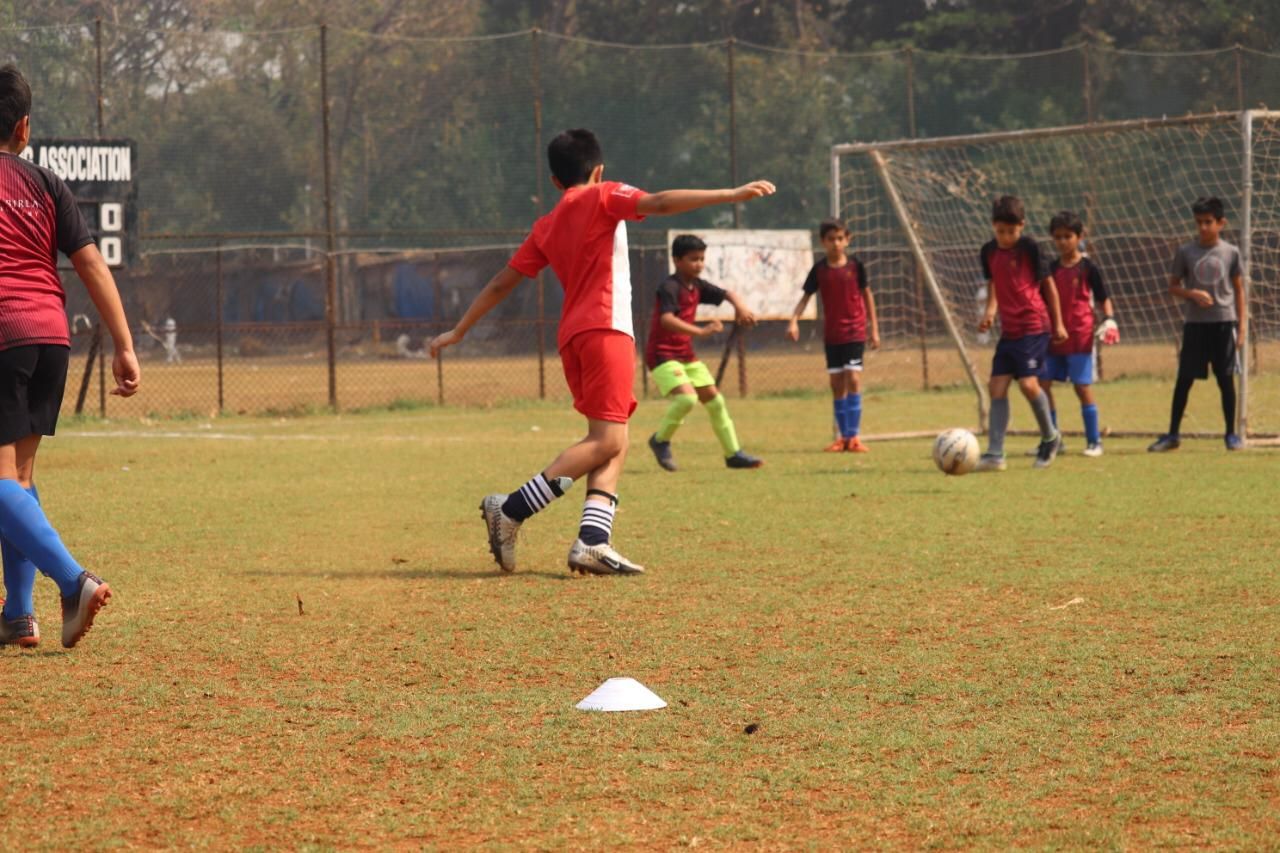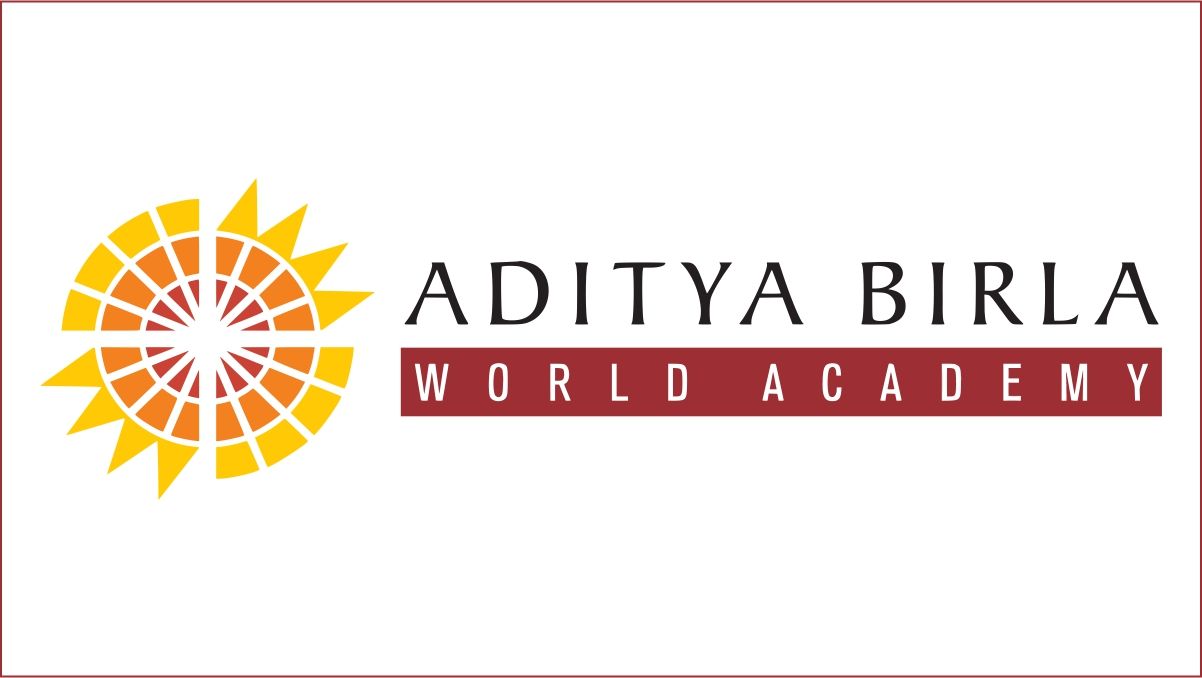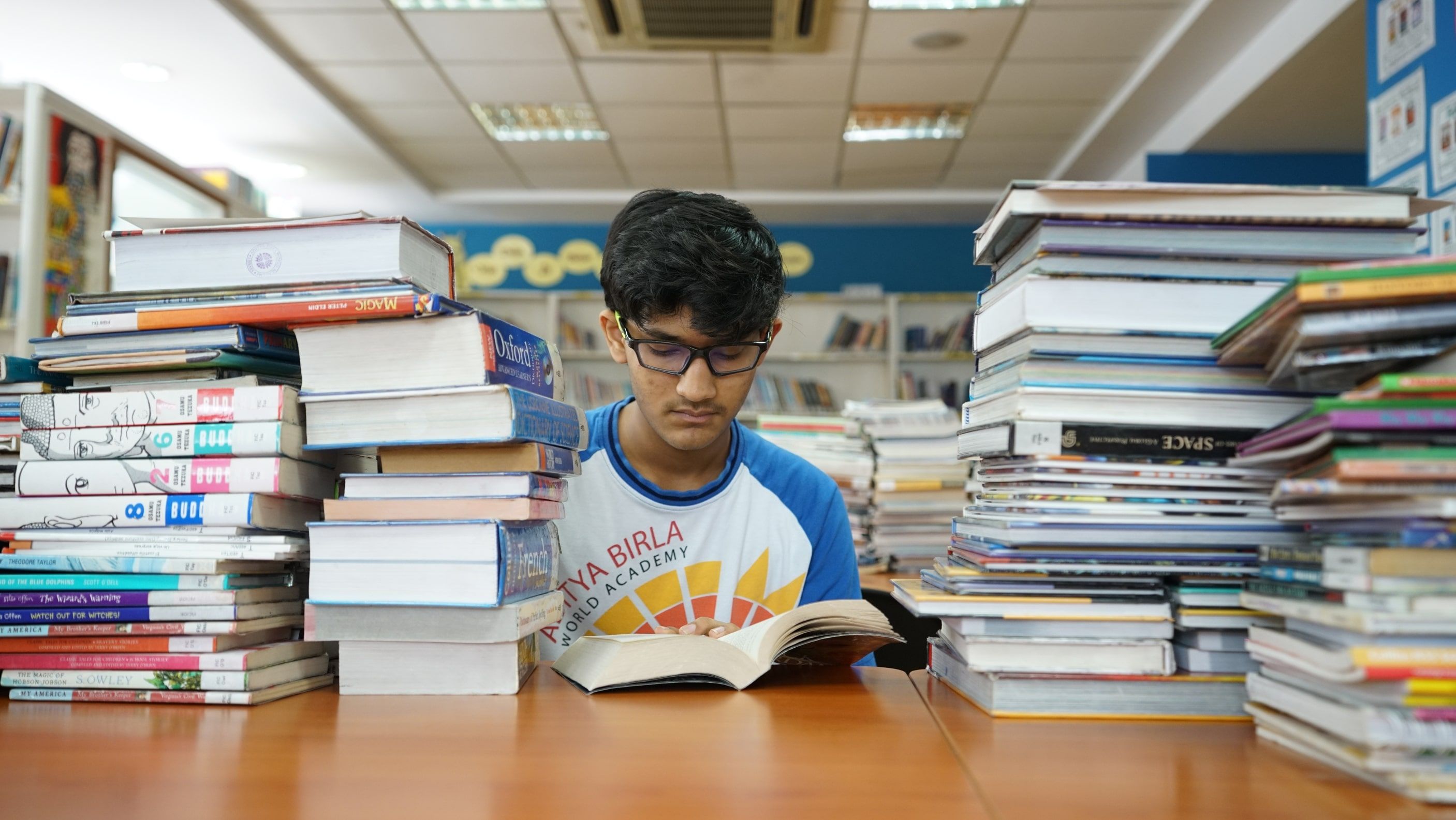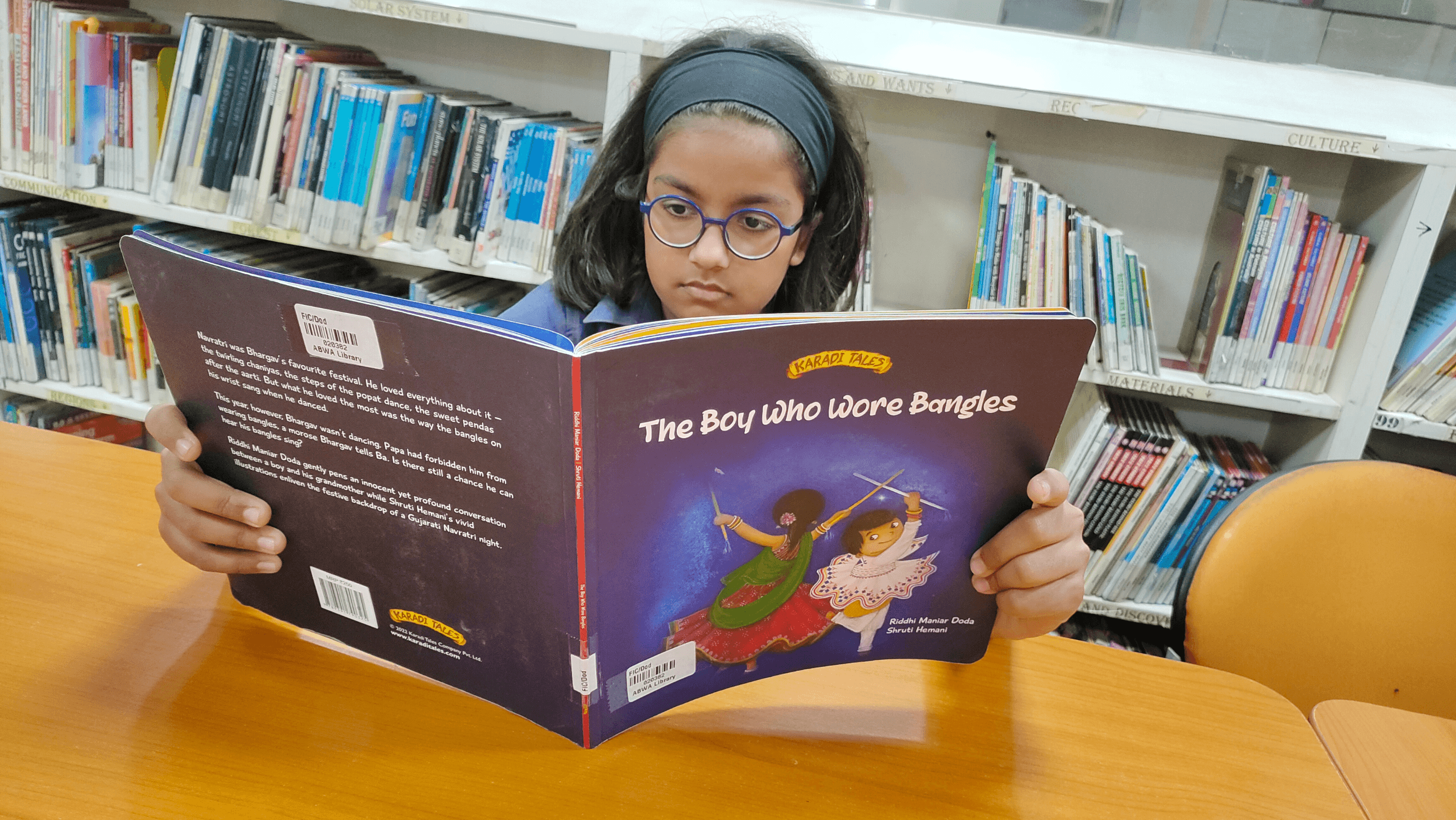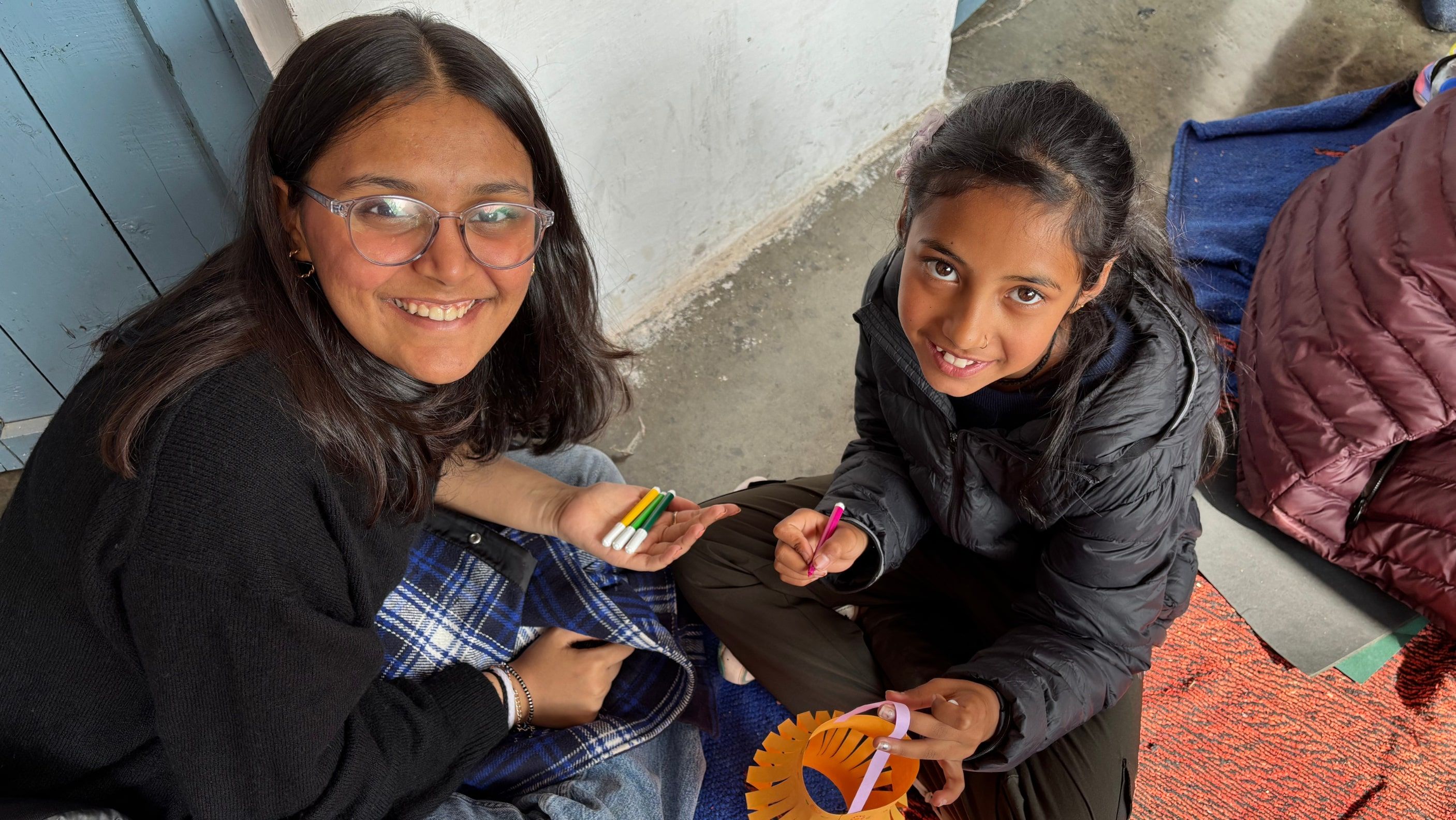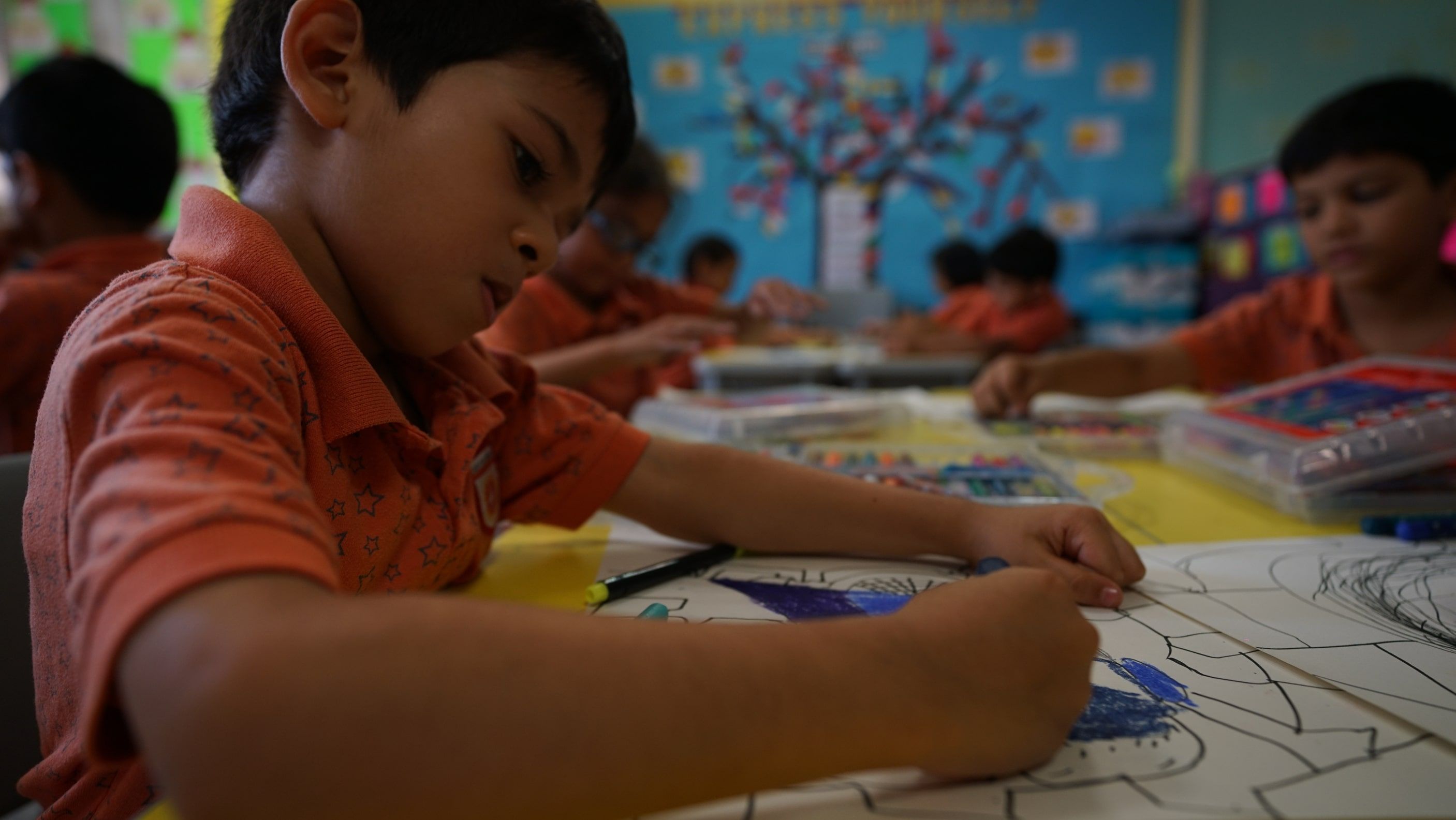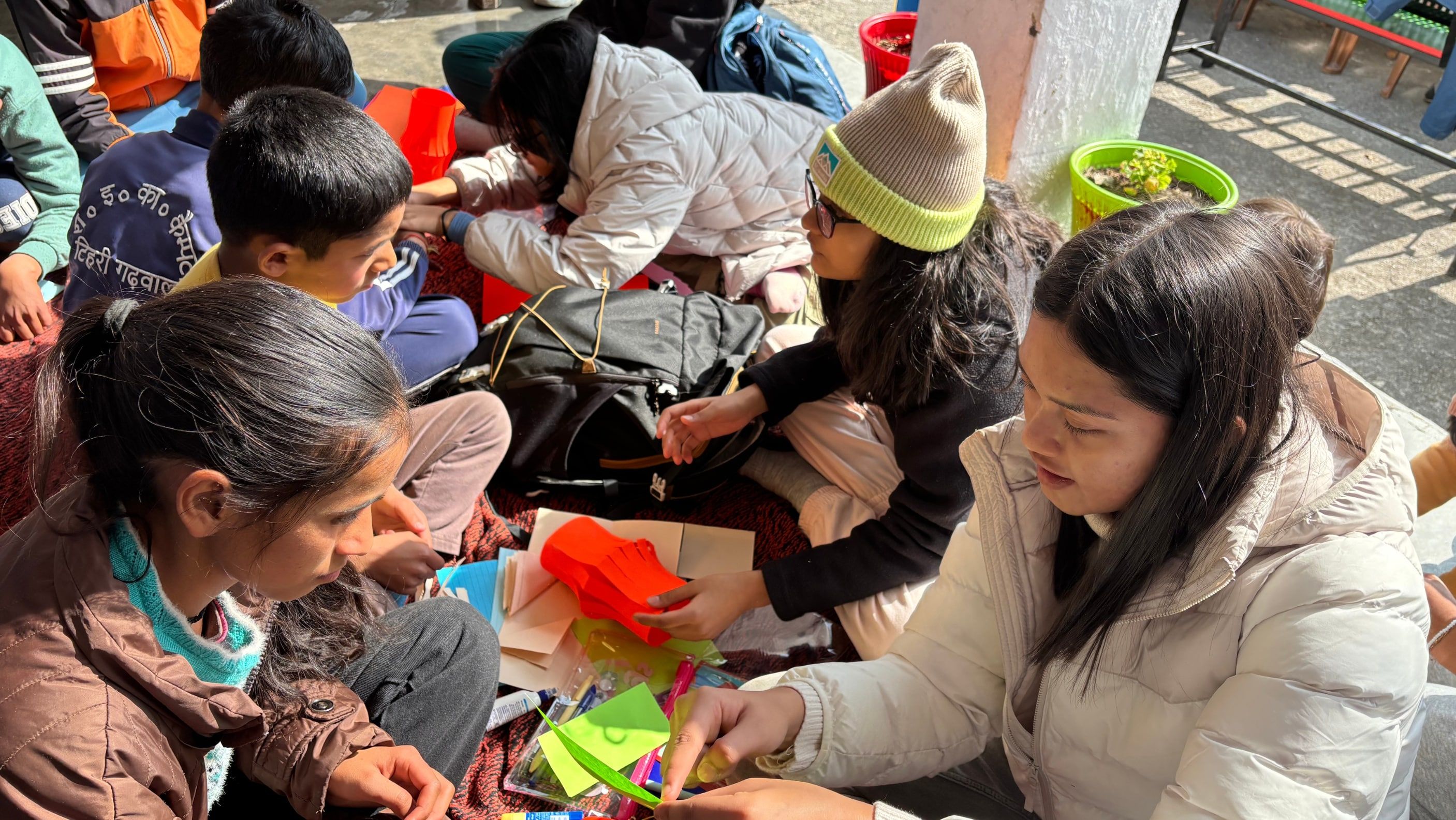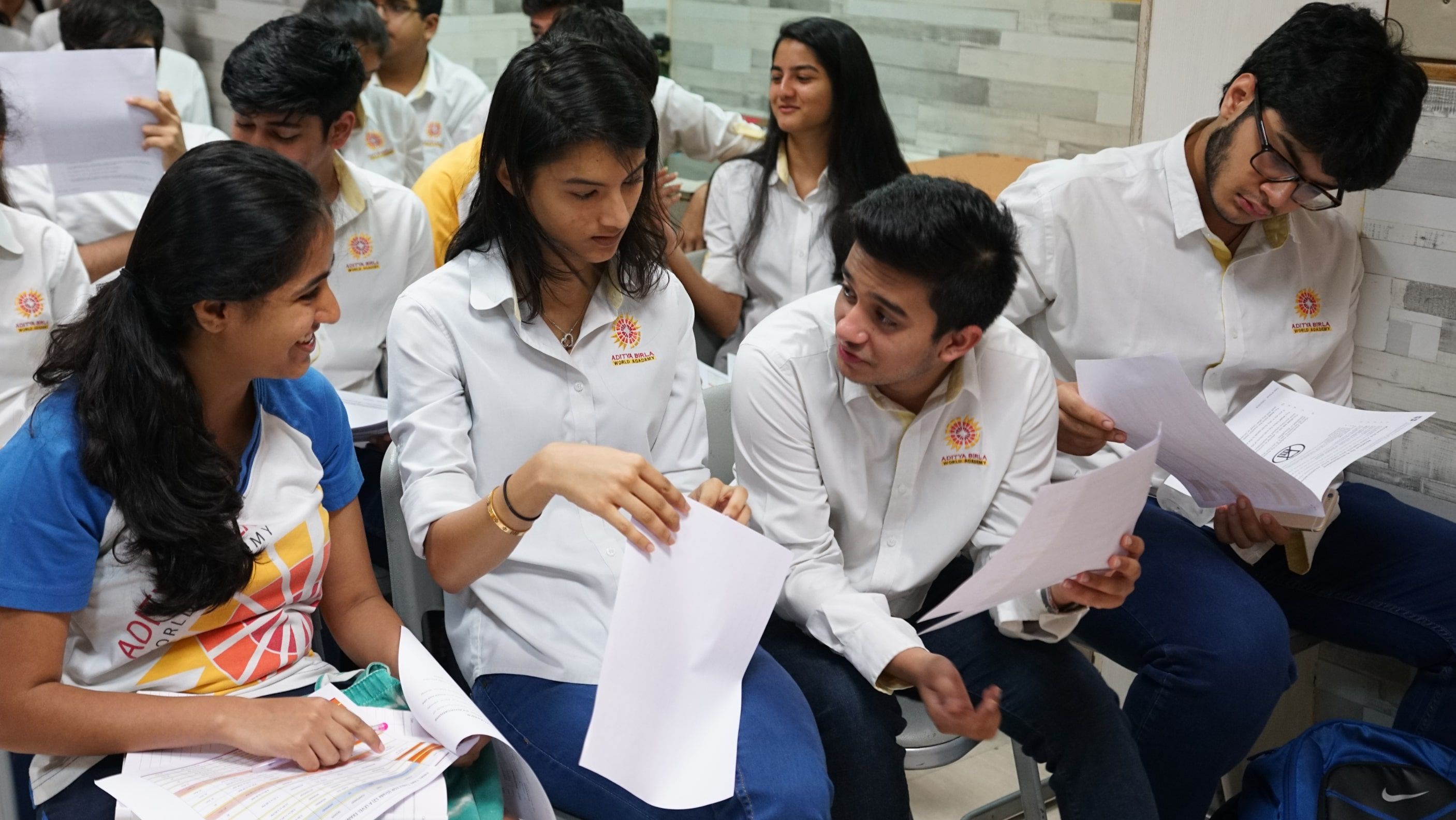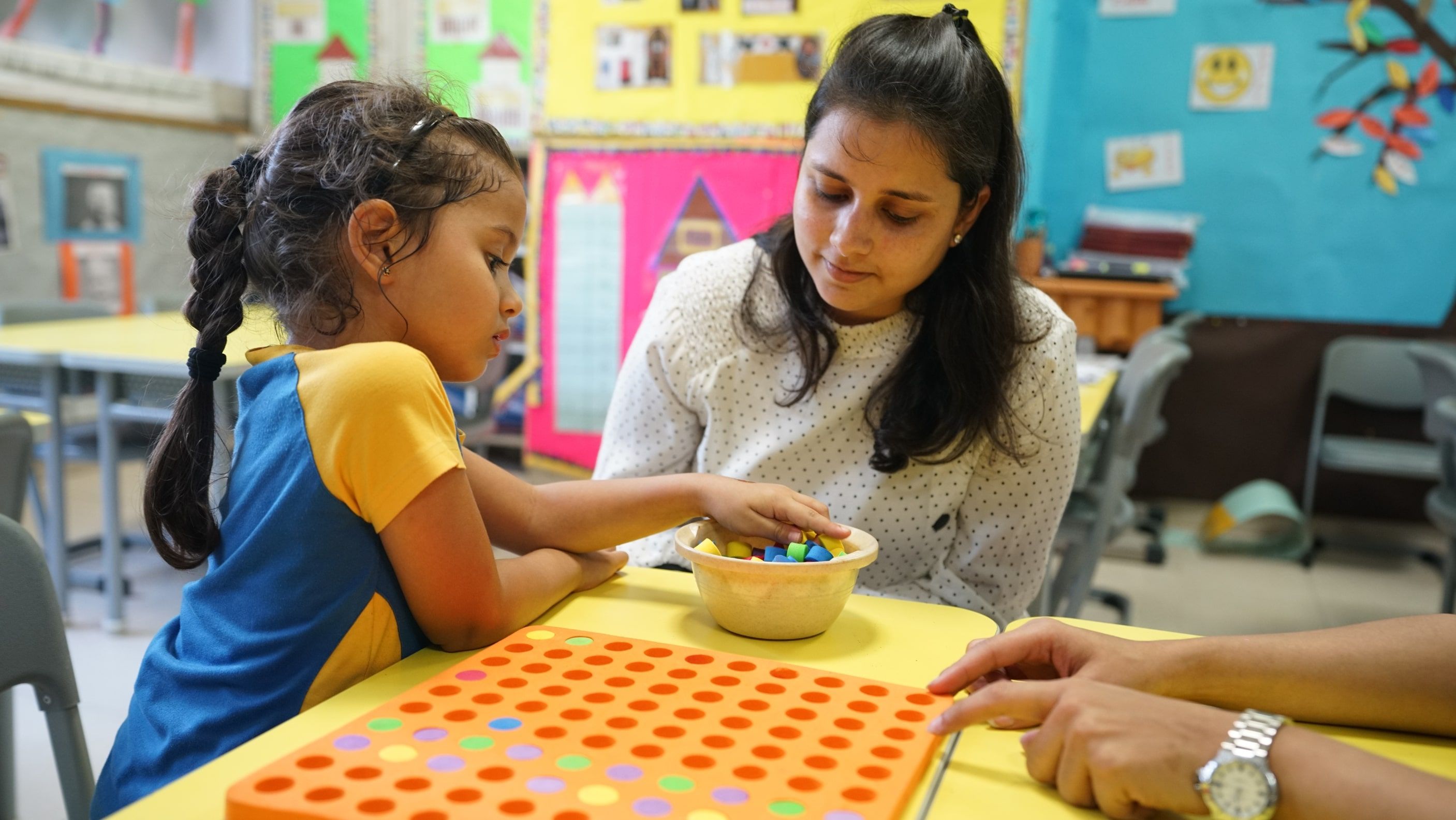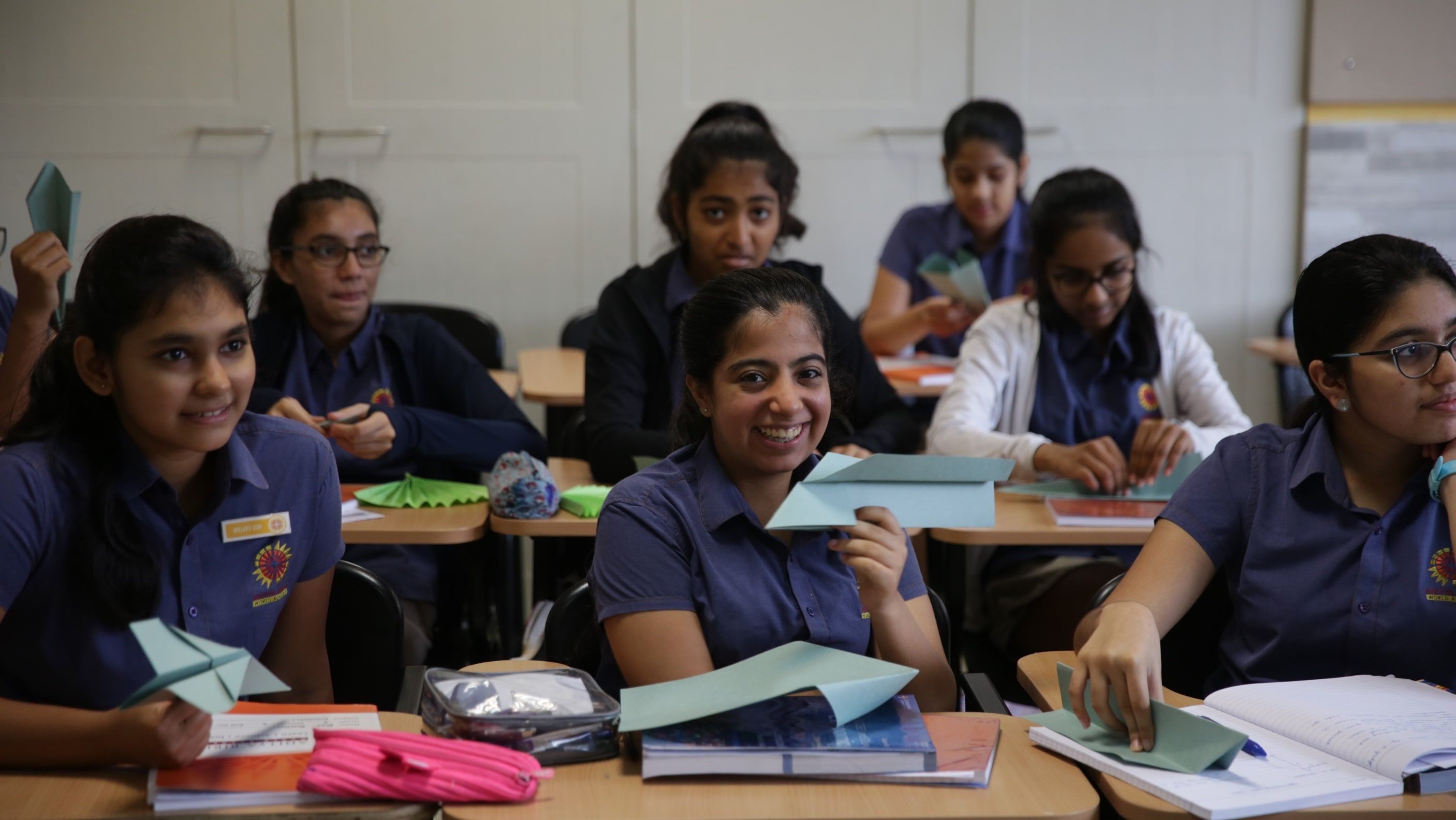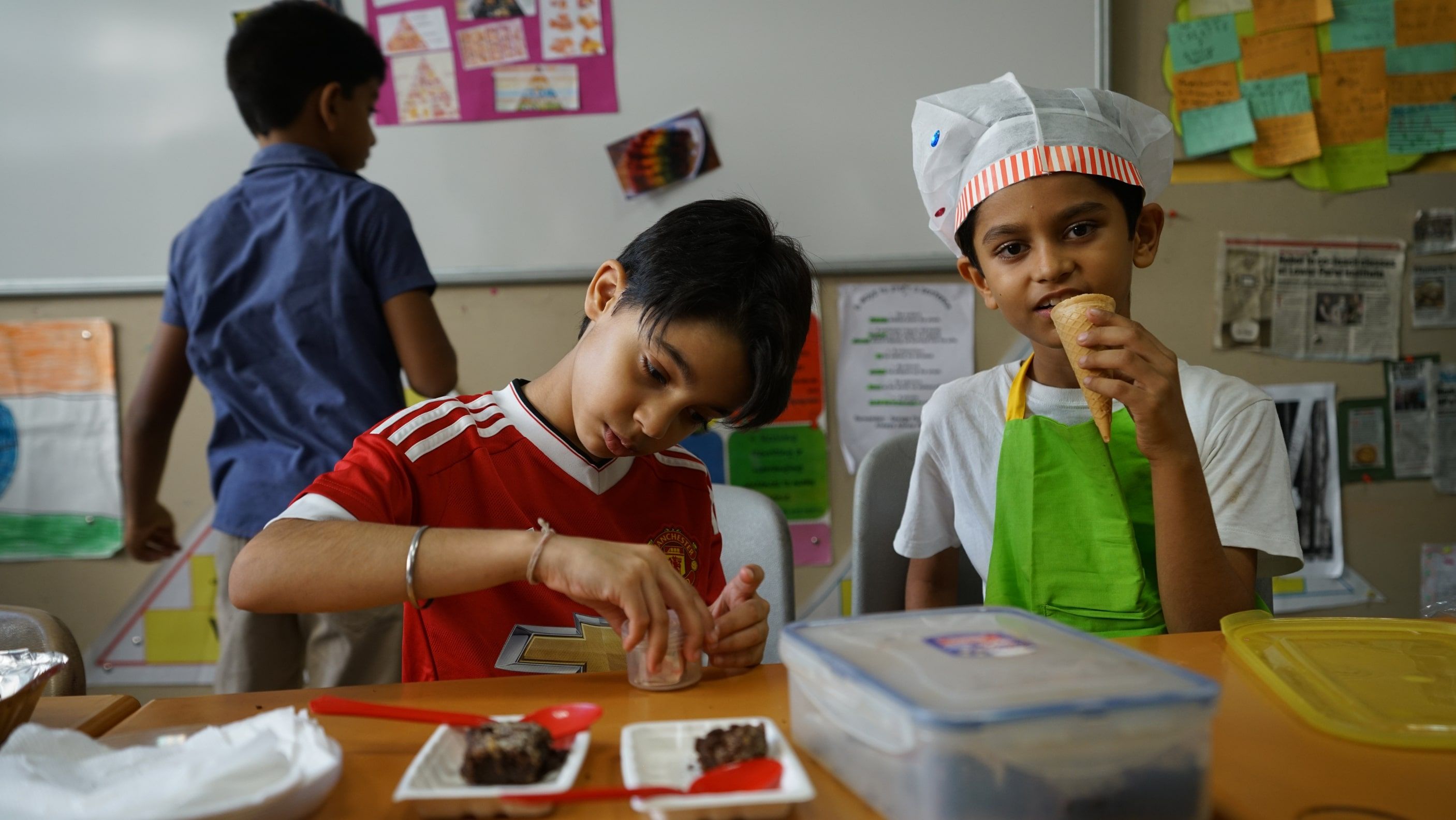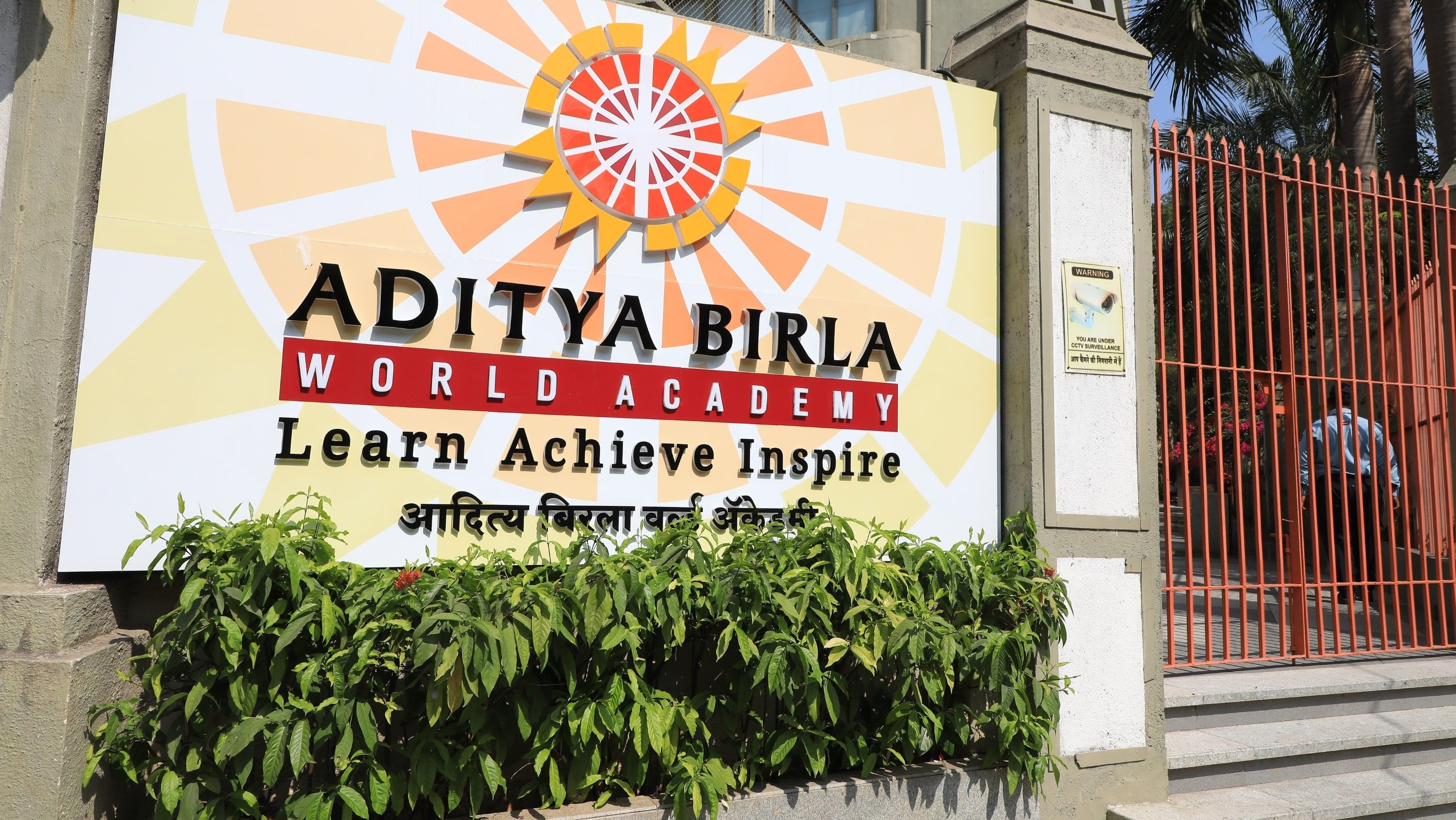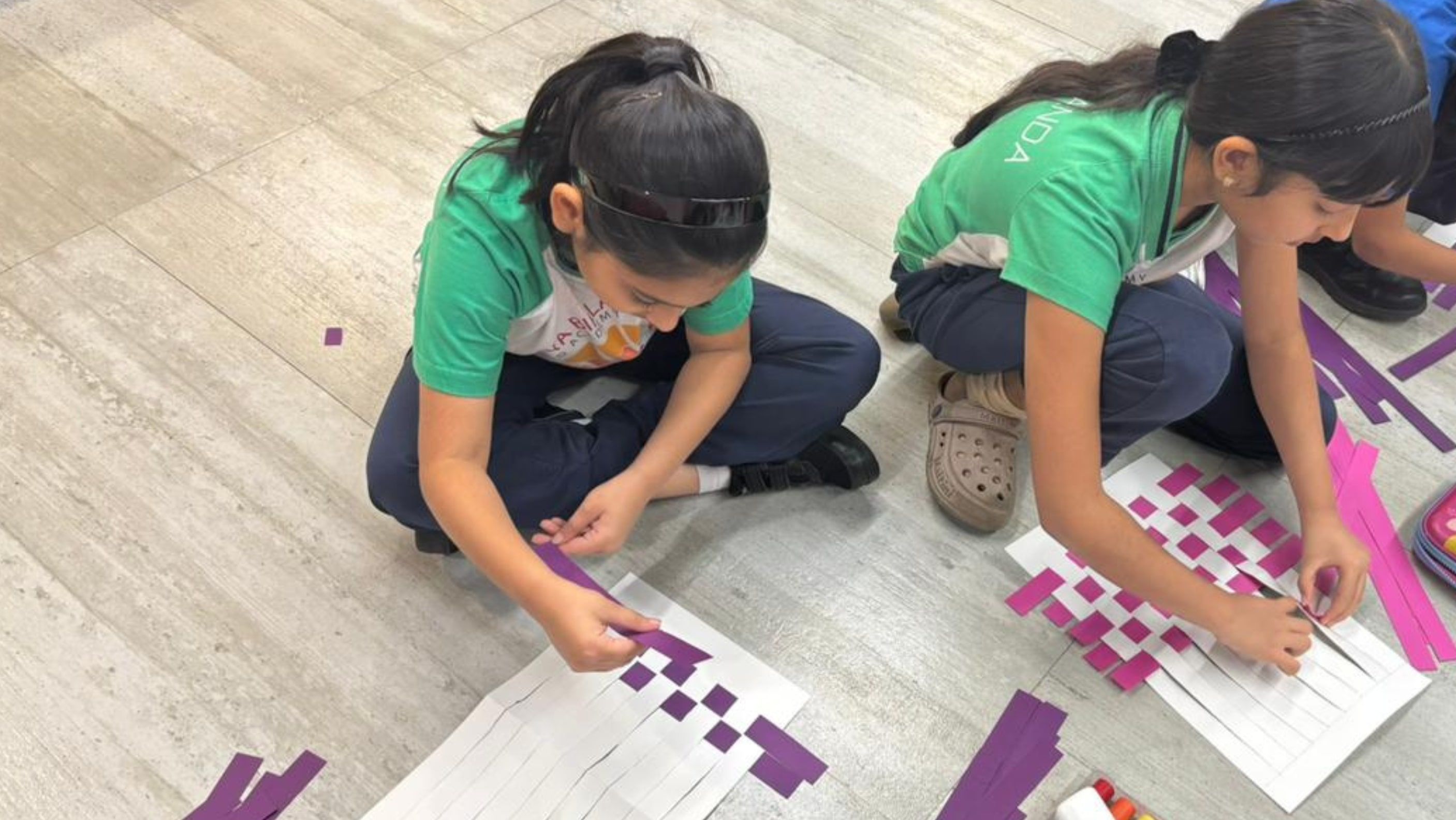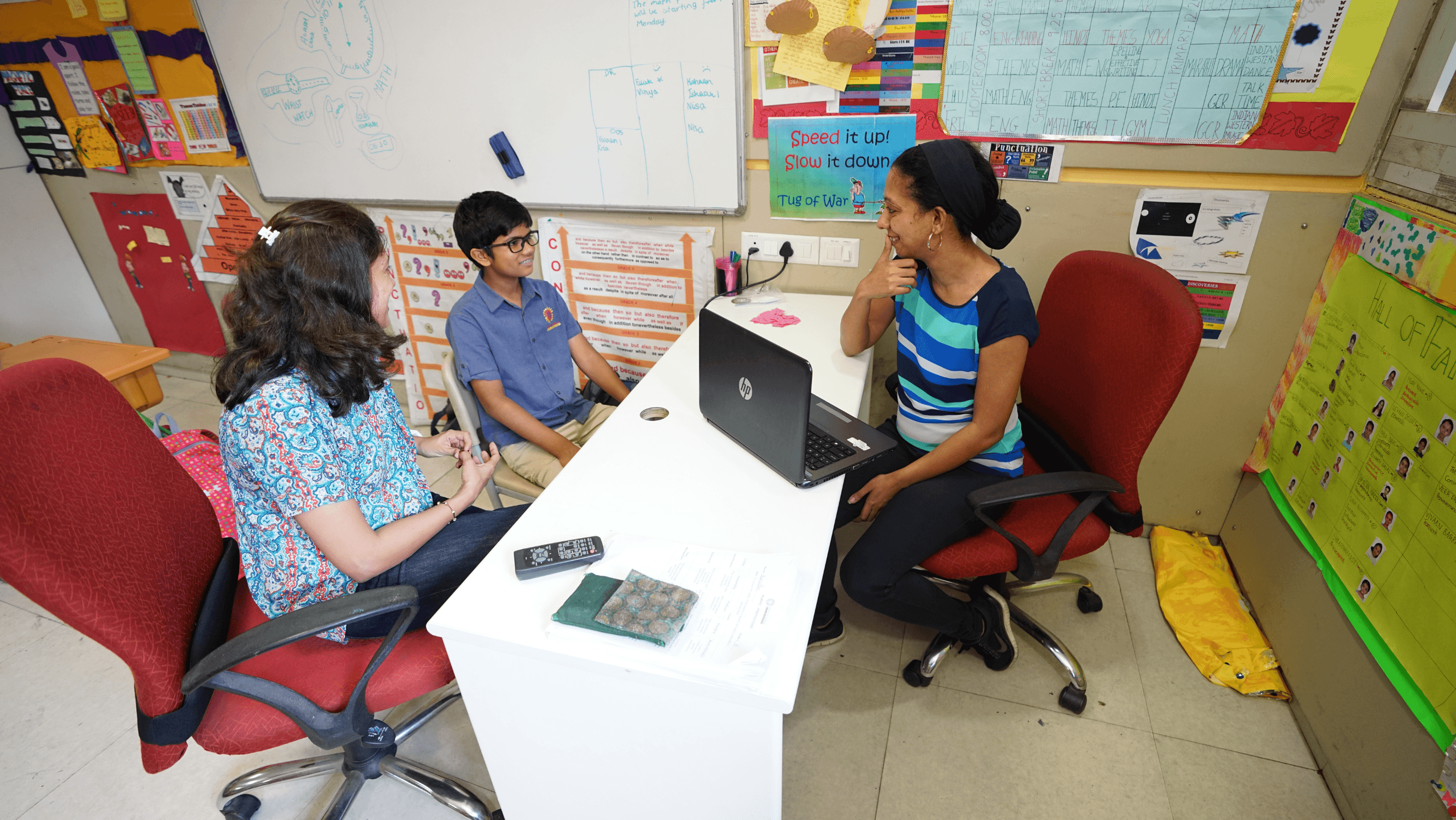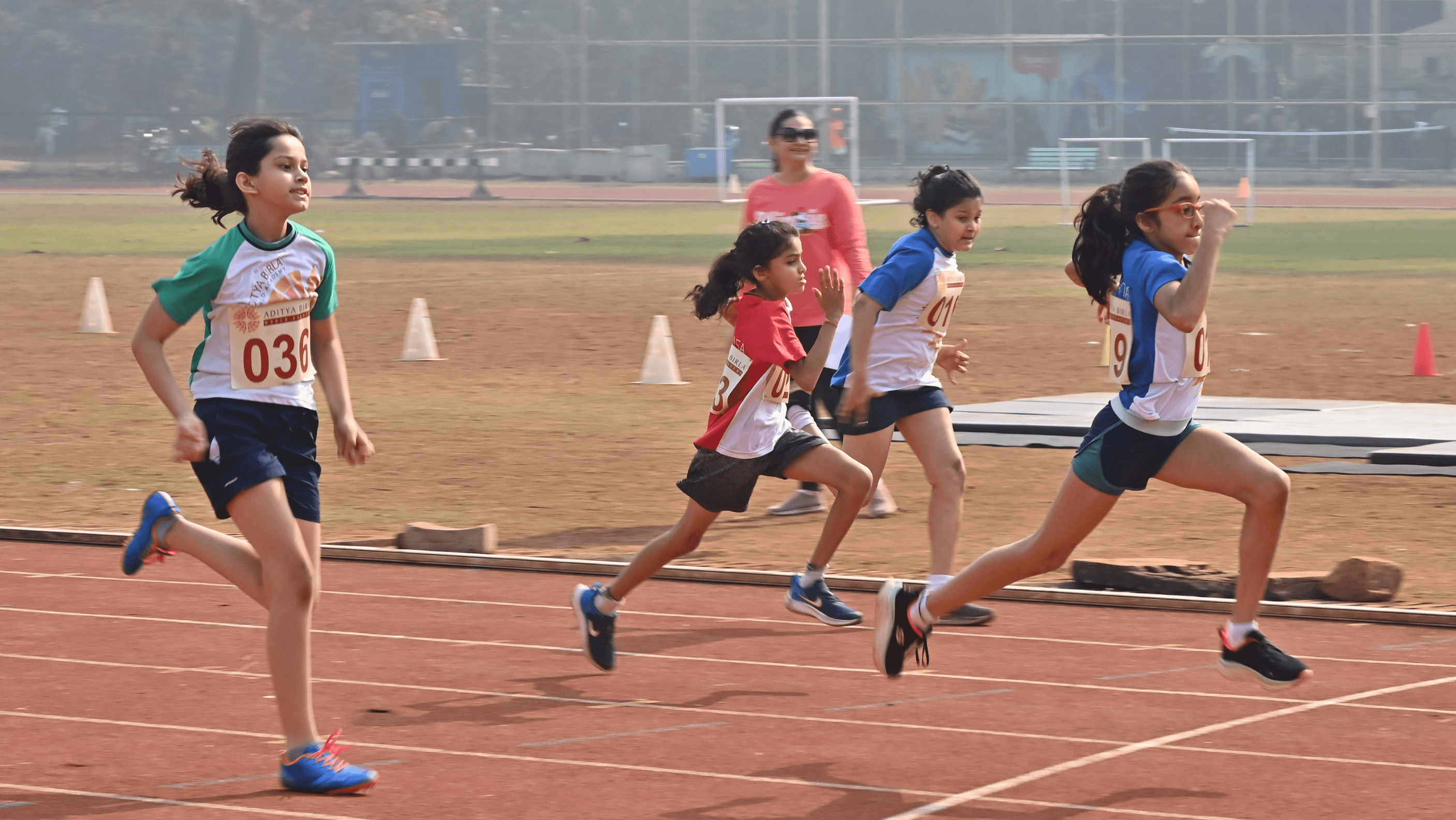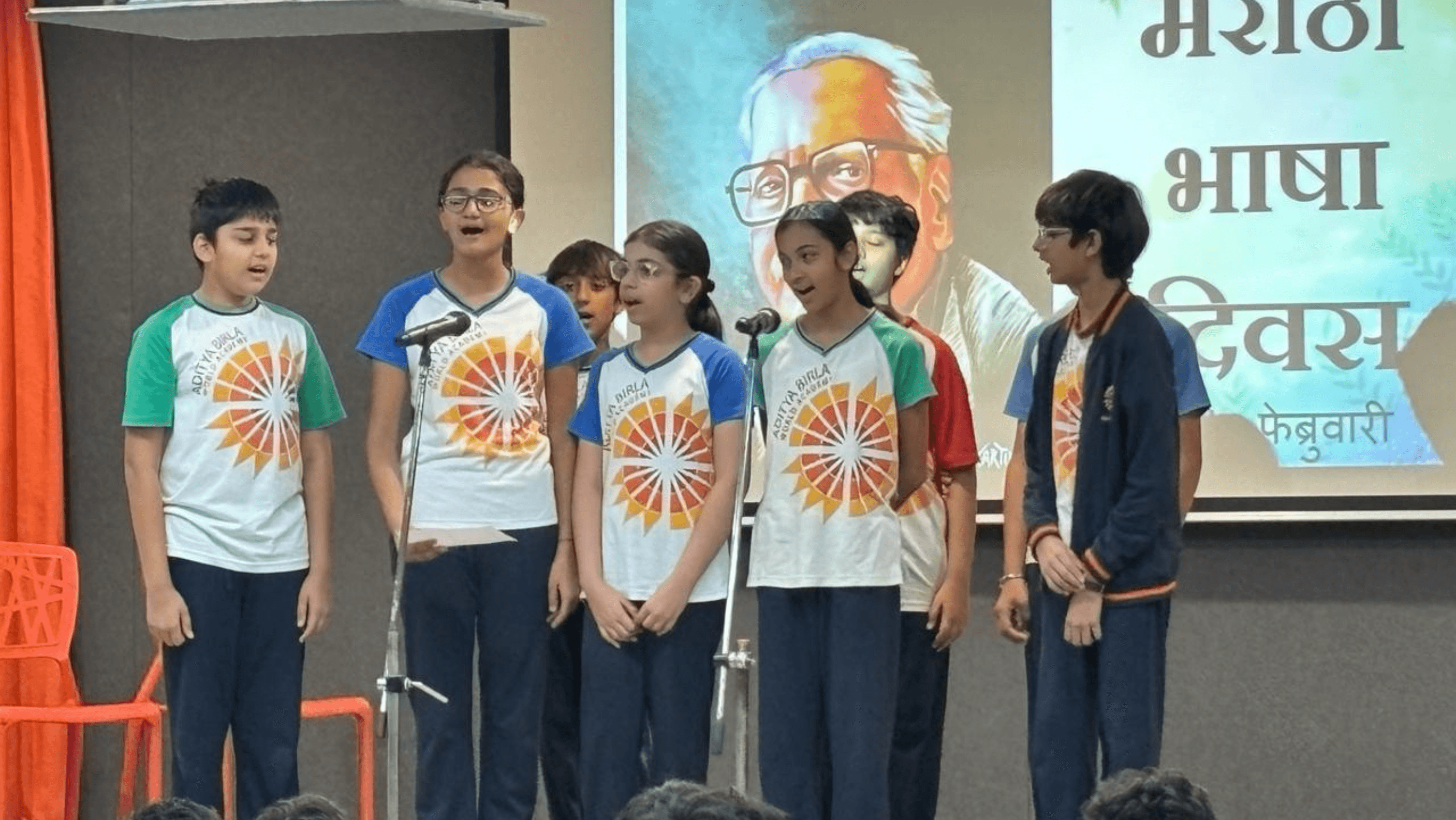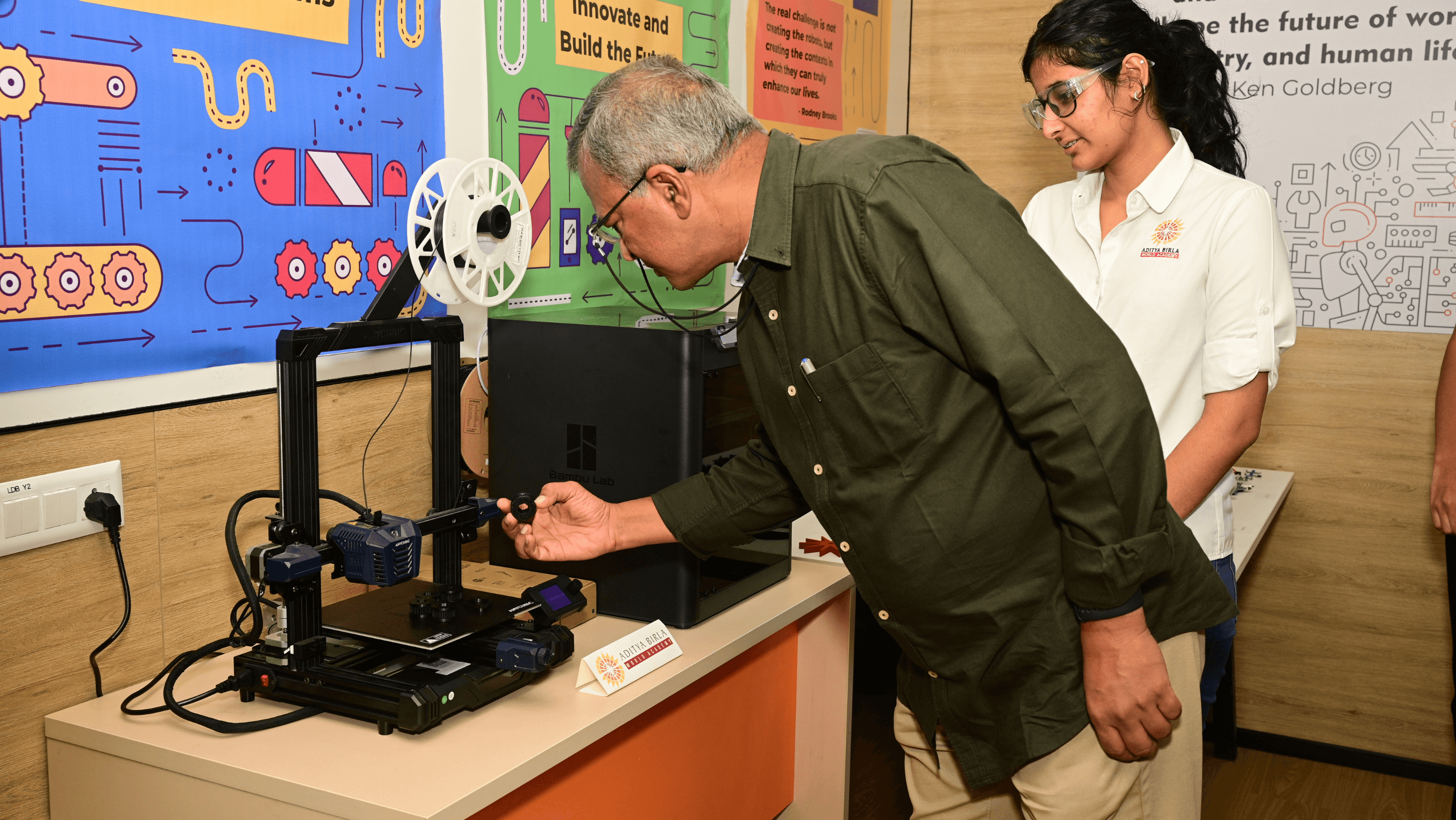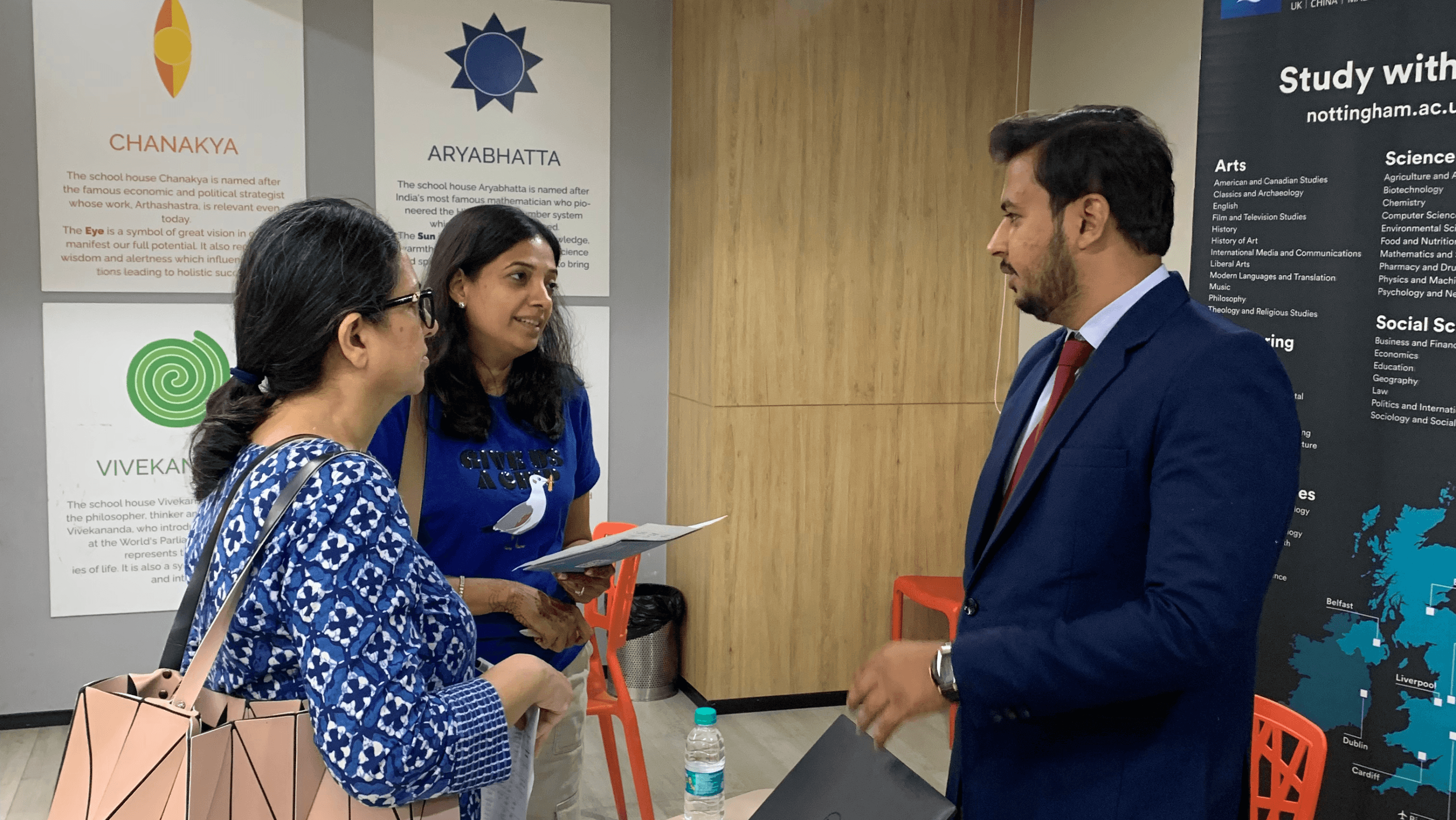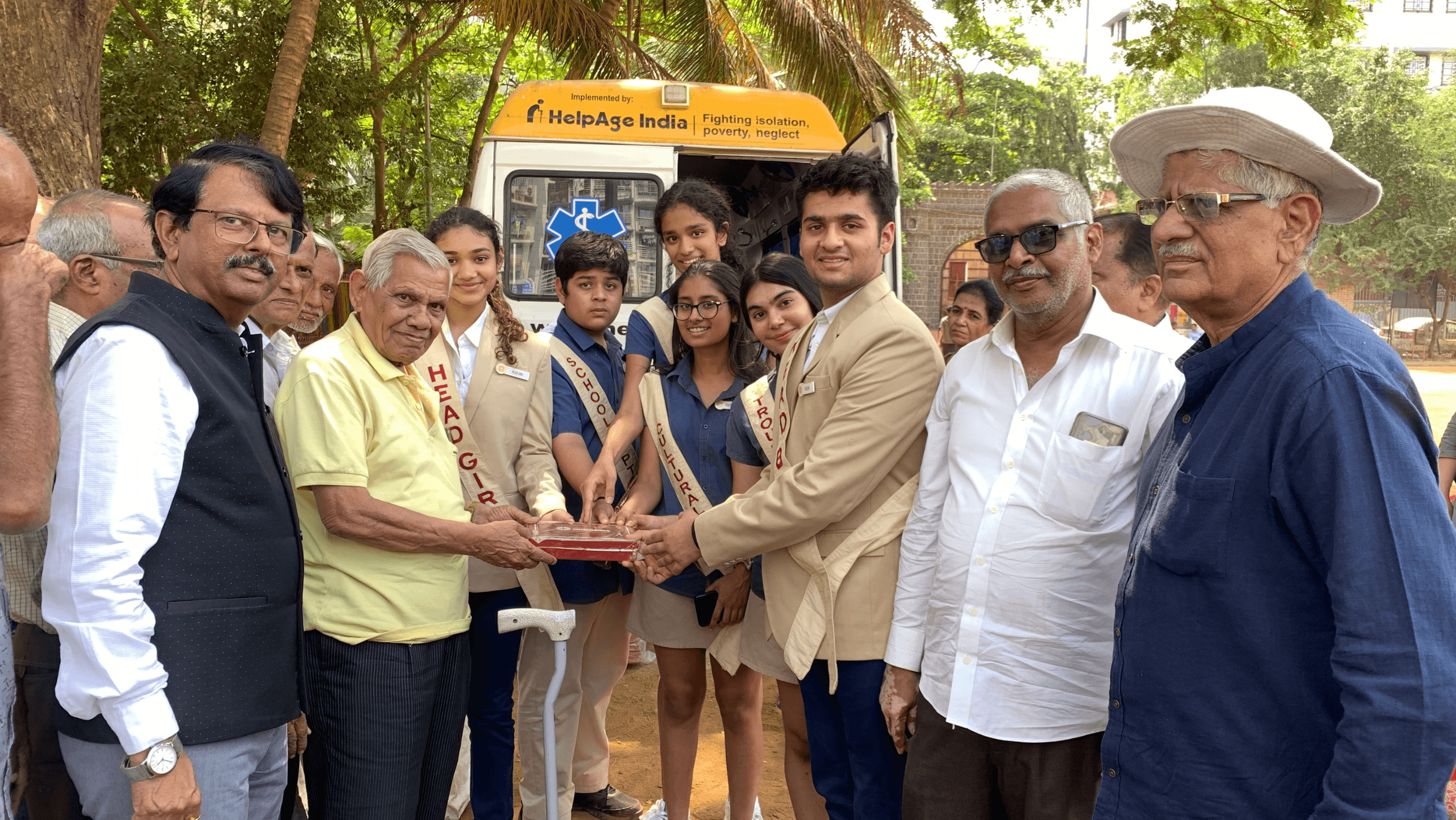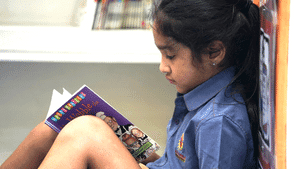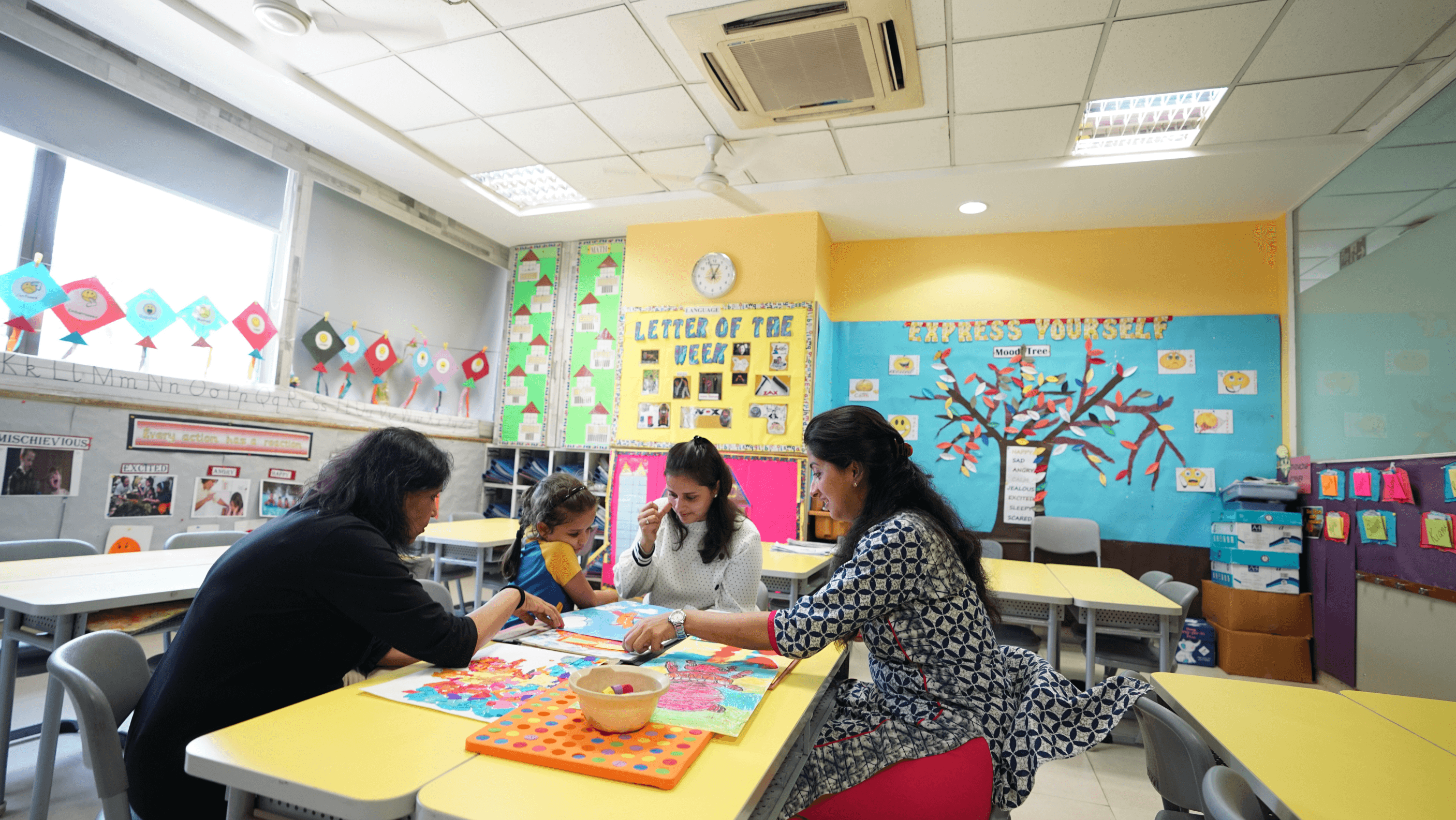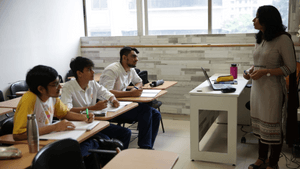Gone are the days, when an international school was considered elitist, luxurious, or required travel to a foreign shore. As per the ISC Research data from January 2021, India is second in the world for its number of international schools (786 schools). The number of international schools in India has witnessed a spurt of 66% from 2015 to 2021. Greater accessibility and several national and state board schools gravitating towards an international curriculum are worthy of note. Let’s look at some of the benefits in joining an excellent international school in Mumbai:
1. Breadth of Curriculum
The most popular qualifications offered by international schools in Mumbai is the IGCSE, A Levels, and IBDP. The IGCSE is offered by the Cambridge Assessment International Education (CAIE), UK, whereas the IBDP is run by the International Baccalaureate Organization (IBO), Geneva. These qualifications have recognition and command much respect in India and overseas, alike.
IGCSE – The IGCSE programme that runs through grades 9 & 10 enables a student to choose 7-10 subjects. This helps students to widen the scope of their studies and make an informed choice about their career progression. The IGCSE offers a stimulating curriculum with over 70 subjects, and schools have the flexibility to offer these subjects in any combination.
AS & A Level – Cambridge International A Level is typically a two-year course, after completion of secondary schooling or grade 10. Cambridge offers a choice of over 55 subjects, and schools can offer them in almost any combination. This flexibility means schools can build an individualised curriculum, and learners can choose to specialise in a particular subject area or study a range of subjects. Most students study either four or five subjects at the A Level and gain in-depth subject knowledge. Because Cambridge International offers three examination series, October/November or May/June, or Feb/March (only for India), students also have the flexibility to fast-track certain courses.
IBDP (International Baccalaureate Diploma Programme) – The IBDP is a two-year comprehensive, robust, and invigorating programme covering the breadth and depth of learning. Through the course of two years, students study six subjects chosen from six subject groups, complete an Extended Essay, follow a Theory of Knowledge course, and participate in Creativity, Activity, Service (CAS).
Also Read: How IB schools are making online learning easier for kids
2. Stays Relevant
Subjects such as Global Perspectives, Environmental Systems, and Societies, Foreign Languages, and Business Management go beyond the realm of academic study into the real world.
For example, Global Perspectives brings about the study of real-world issues. It provides a critical enquiry into key global issues and encourages a reflection from different perspectives: personal, local/national, and global.
Environmental systems and societies (ES&S) studies the interrelationships between environmental systems and societies. It finds its relevance with a wide range of pressing environmental issues faced in today’s times.
Apart from its contemporary content, the delivery of the curriculum is routed through the latest technological pedagogical tools. Tools such as Edpuzzle, Kialo Kahoot, Nearpod, and Pear Deck further enhance the quality of teaching and learning, arousing stimulation and appeal.
3. Emphasis on Critical Thinking and Research Skills
The international curriculum lays a strong foundation for critical thinking and research. It goes beyond the rote learning model of schooling and intellectually propels the student to enquire, think, and research.
Research writing, a crucial element, requires students to select a topic of their choice and accomplish their work independently. Students learn to undertake the responsibility and hone their research and writing skills. This skill, if effectively leveraged, can be a great stepping stone for university research, wherein students are expected to produce a dissertation or submit a thesis.
Critical Thinking Skills are an essential skill set that encourages enquiry, questioning, reasoning, logic, and rationality, rather than accepting ideas at face value. It is a transferable skill that resonates in all walks of life – workplace, study, and daily life.
4. Experiential Learning
Experiential Learning ranges from field trips, industry visits, immersion programmes, internships, guest speakers, among others. The learning is aimed at providing students with an opportunity to apply their learning to the real world or transfer their practical learning to enrich their classwork.
5. Cultural Hybridity
Classes may often have pupils or teachers who are from a different country, culture, or background. A diverse environment enables students to gain different perspectives, learnings, and coexistence. This further enables the student to step out of their comfort zone with much ease.
6. Holistic Development
The education imparted offers a well-rounded development through academics, with an equal focus on extra-curricular activities and co-curricular activities. Some of them could include Music, Speech and Drama, Robotics, Dance, Gymnastics, Culinary Arts, Aeromodelling, STEM Clubs, Drones, Sports, TED-Ed Clubs, MUN Clubs, etc. Additionally, moral values through community service are also embedded into the pedagogy. Learning also strives to make students sensitive and responsible citizens of tomorrow.
7. Enrichment Opportunities
Schools often provide opportunities for internship programmes, immersion programmes, overseas exchange programmes, national and international competitions, inter-school competitions, etc. These choices further augment the growth of the student and create enriched learning.
8. Teacher-Student Ratio
International schools generally have a restricted number of students per class. The approximate teacher-student ratio could vary from 1:6 in the lower classes to 1:15 for the higher grades. A restricted ratio maximizes the teacher’s attention, facilitates flexible adaptability to the student’s needs, and also enhances engagement.
9. Soft Skills Development
Through the rigor of the curriculum and exposure, students gain a sense of independence, responsibility, discipline, time management, teamwork, problem-solving, confidence, maturity, sensitivity, among others. The 21st-century workplaces are laying a strong emphasis on soft skills along with job knowledge. Effective interpersonal skills and relationships are the new checkboxes for a job.
10. Teacher Professional Development
International schools conduct regular workshops & training to enhance the teacher’s skill sets. The training programmes focus on pedagogy, assessment, inquiry in the classroom, etc. rather than on content.
Furthermore, a student’s mental health is also a matter of great concern for parents and educators. The emotional well-being of the child is what parents are also seeking in a school.
An upskilled teacher with knowledge of the latest trends in pedagogy will not only stay relevant but could also effectively decipher a learning need, emotional need, or even provide enrichment activities to gifted learners.
With a melange of benefits to its credit, international schooling has created noticeable shifts in Indian education. Mumbai, itself, is a host to some of the finest schools, and the demand is ever-increasing! But a recognized school is what matters.
With a resounding appreciation for its quality education, holistic development, emotional well-being, warmth, and camaraderie, ABWA has positioned itself consistently amongst the topmost international schools in Mumbai. The school not only leads the way for academic learners, but also aims to mould them into sensitive, committed, competent, and value-based individuals of tomorrow. Image source-freepik






